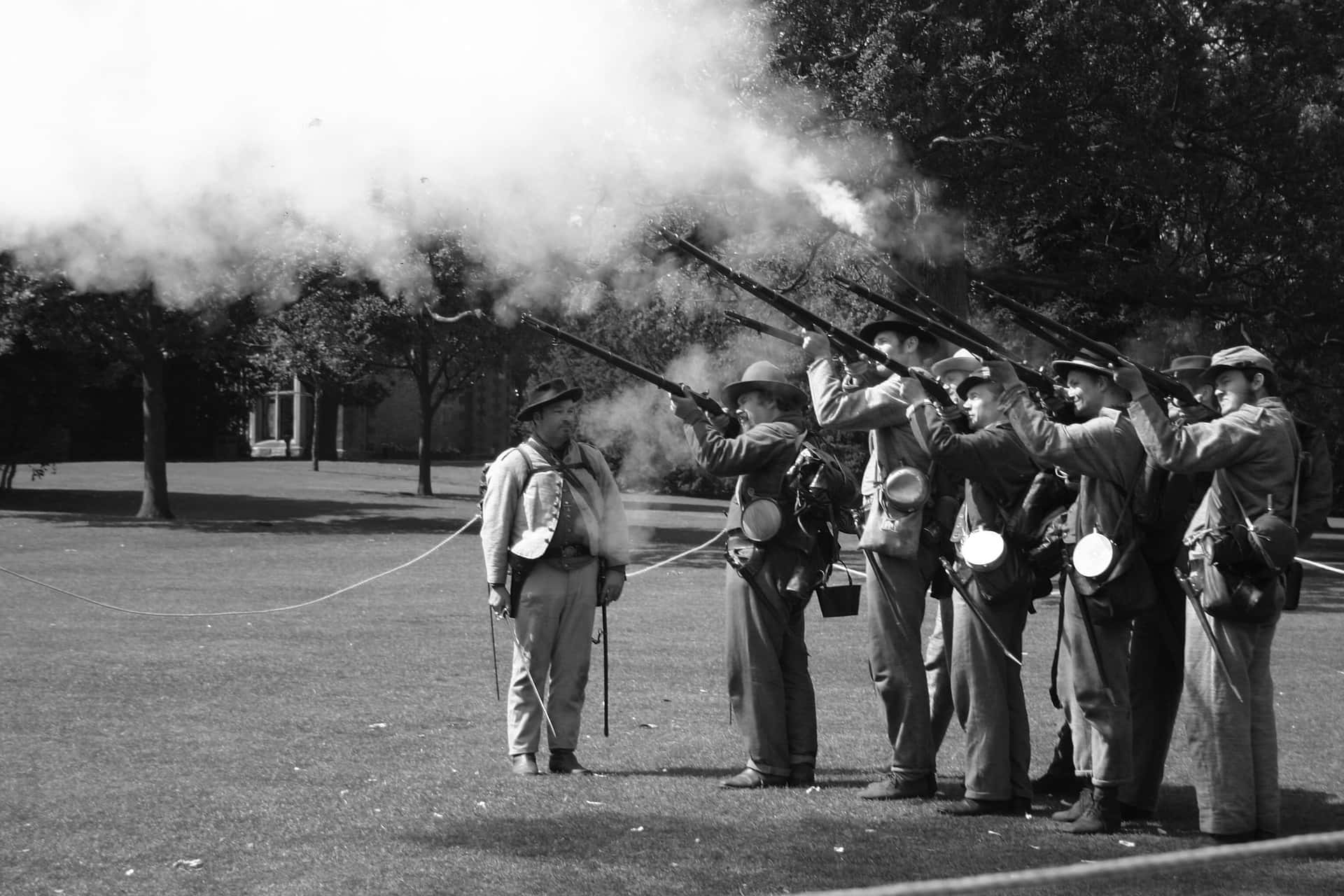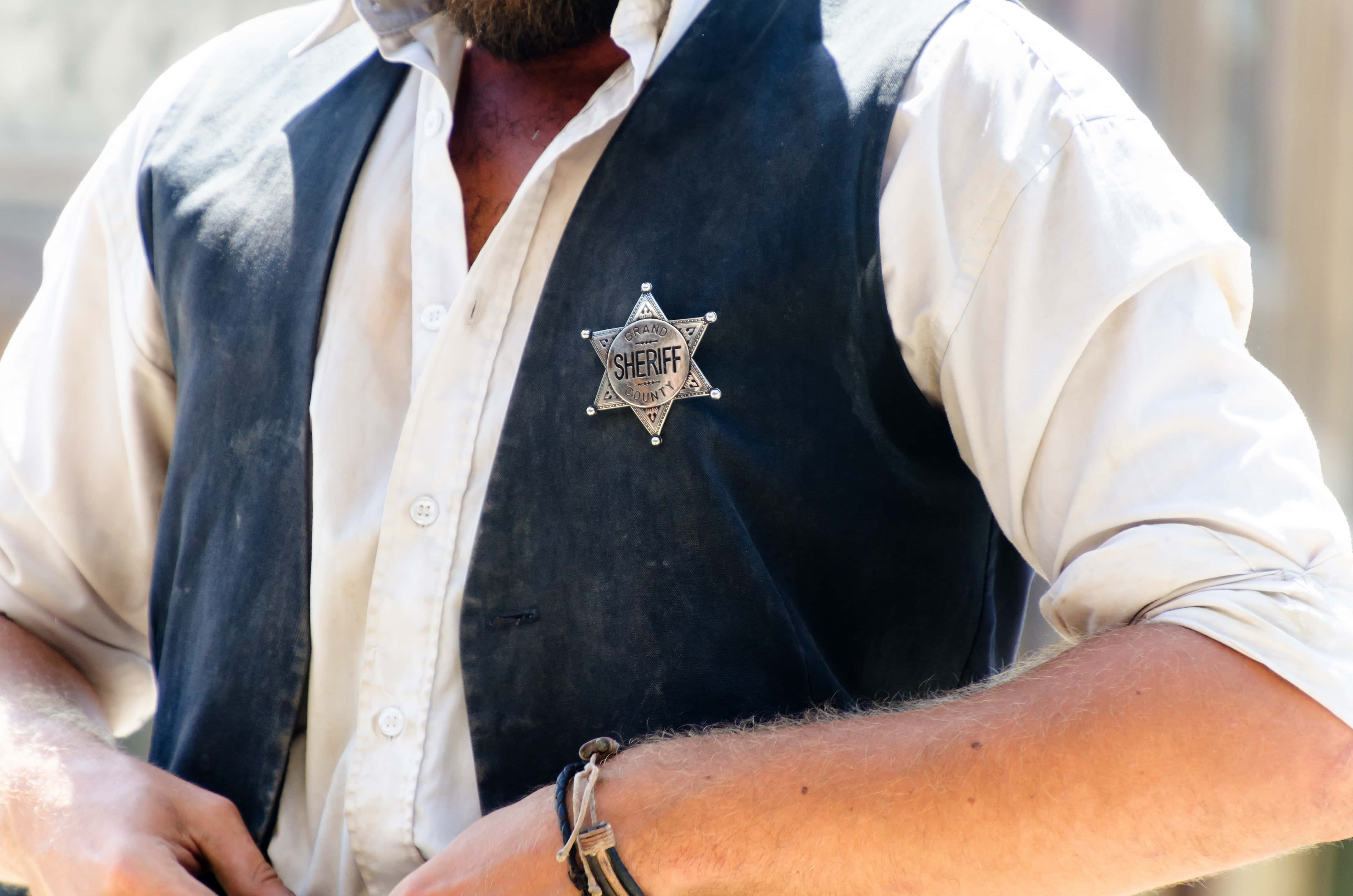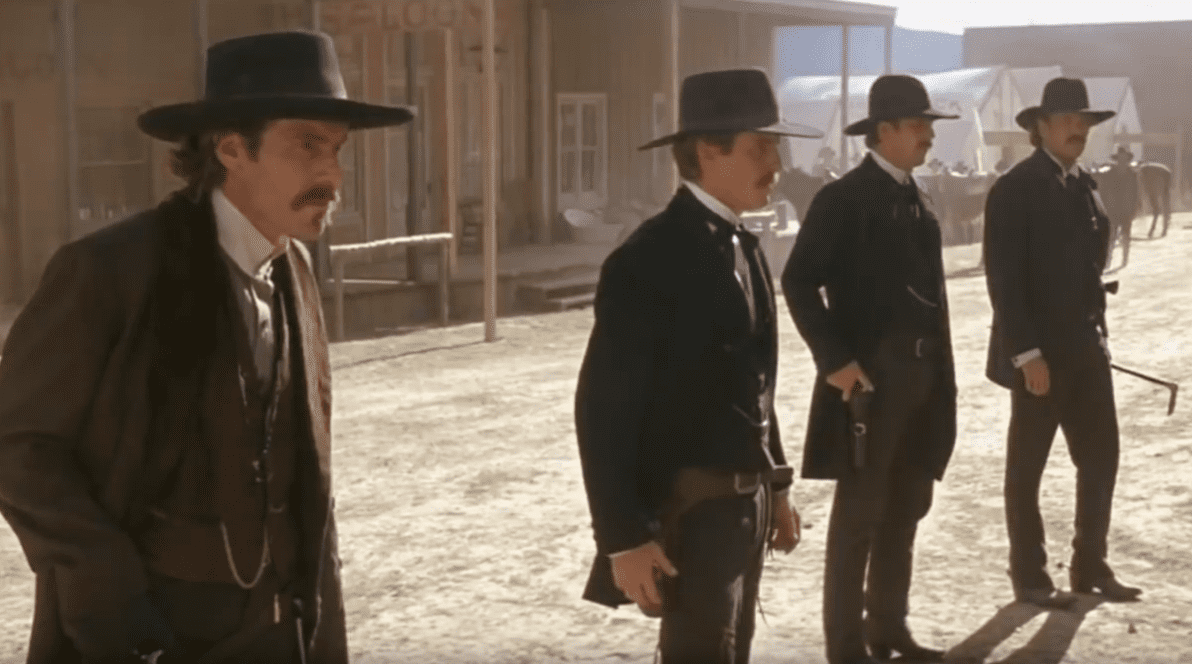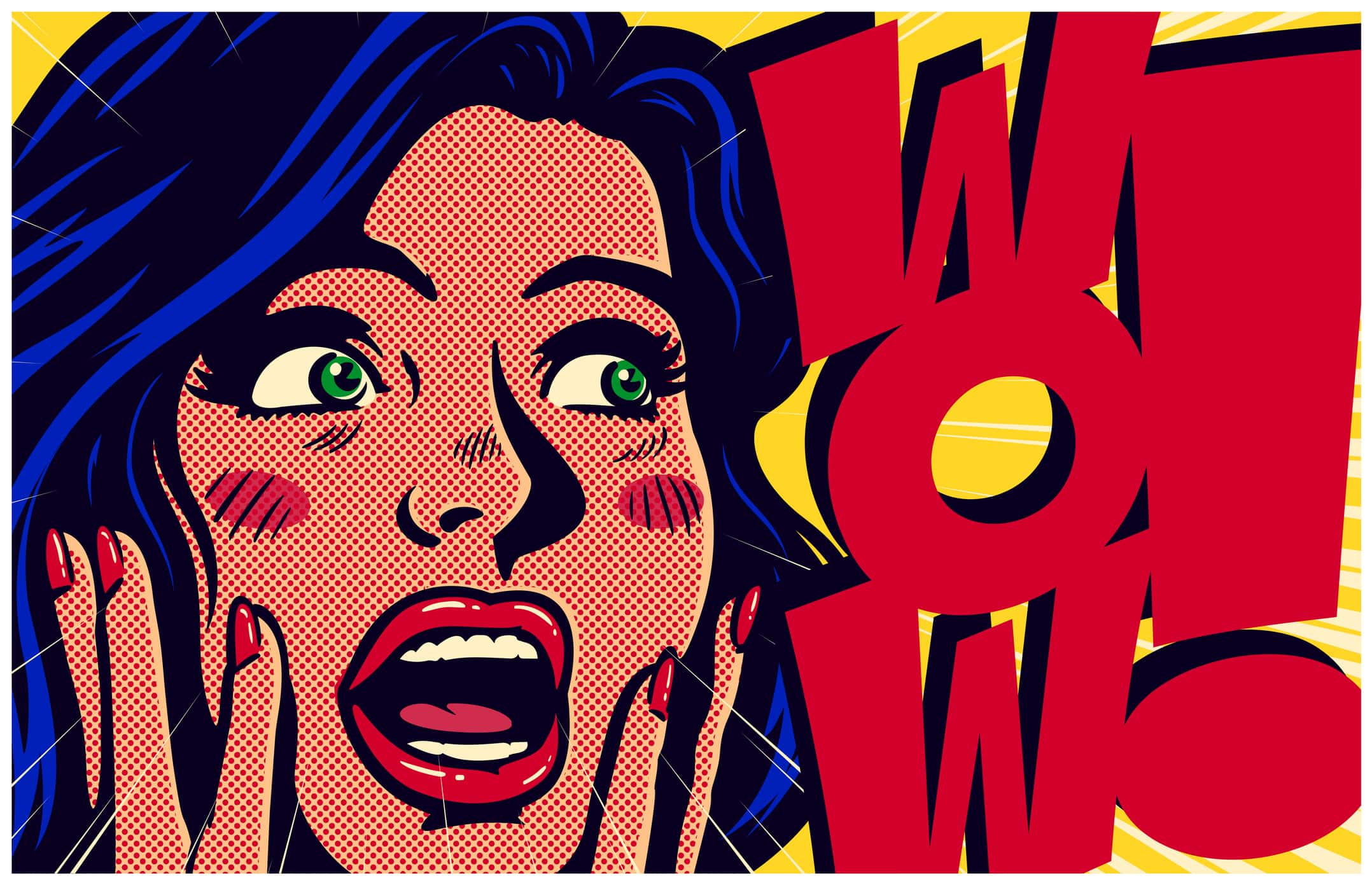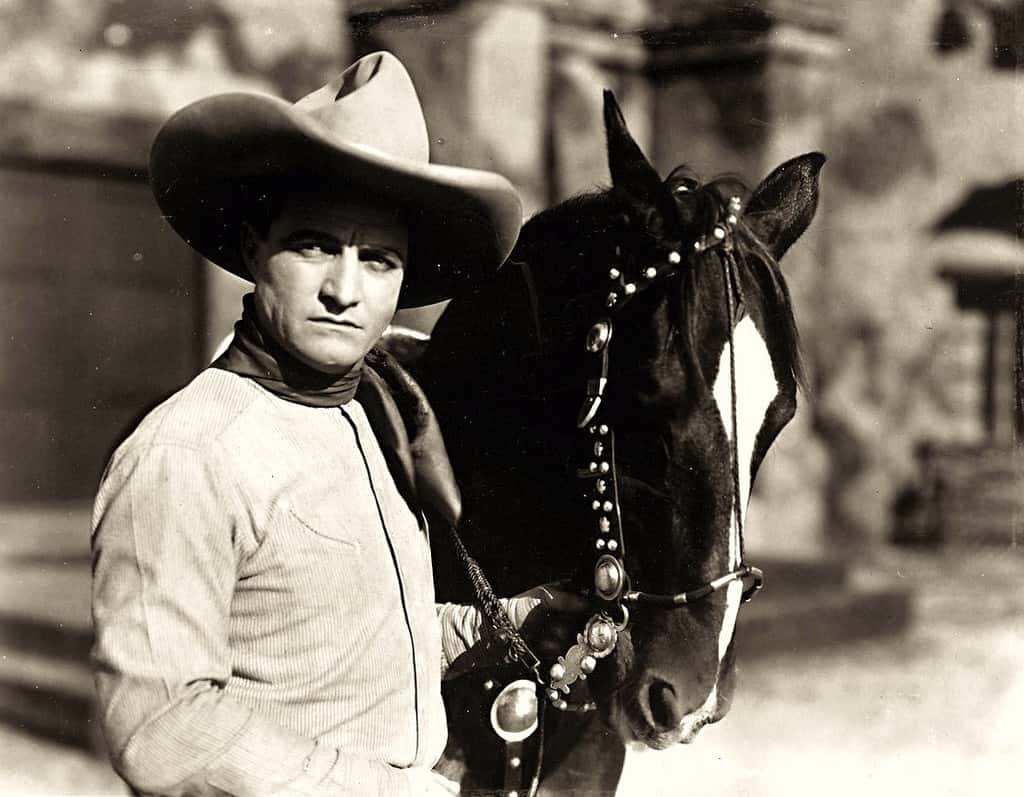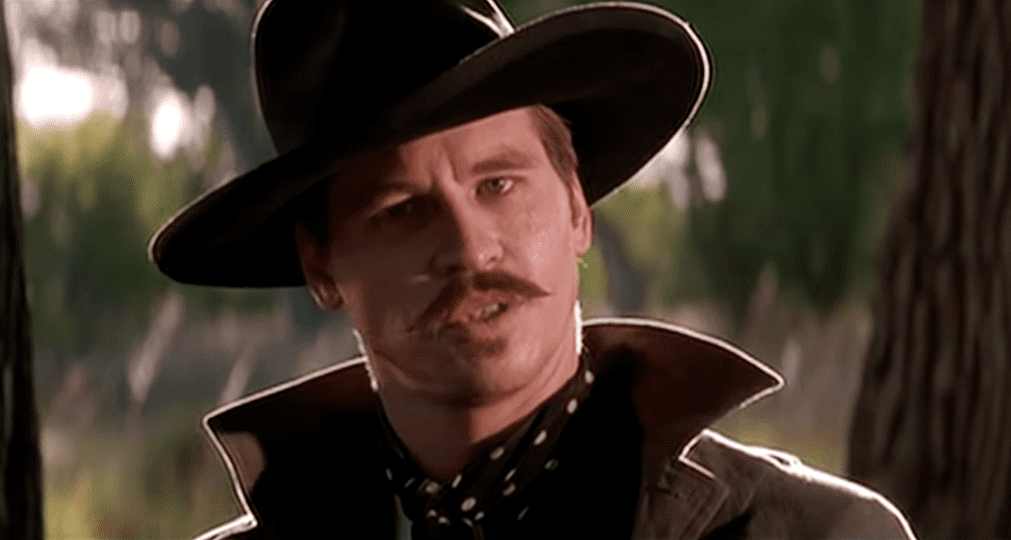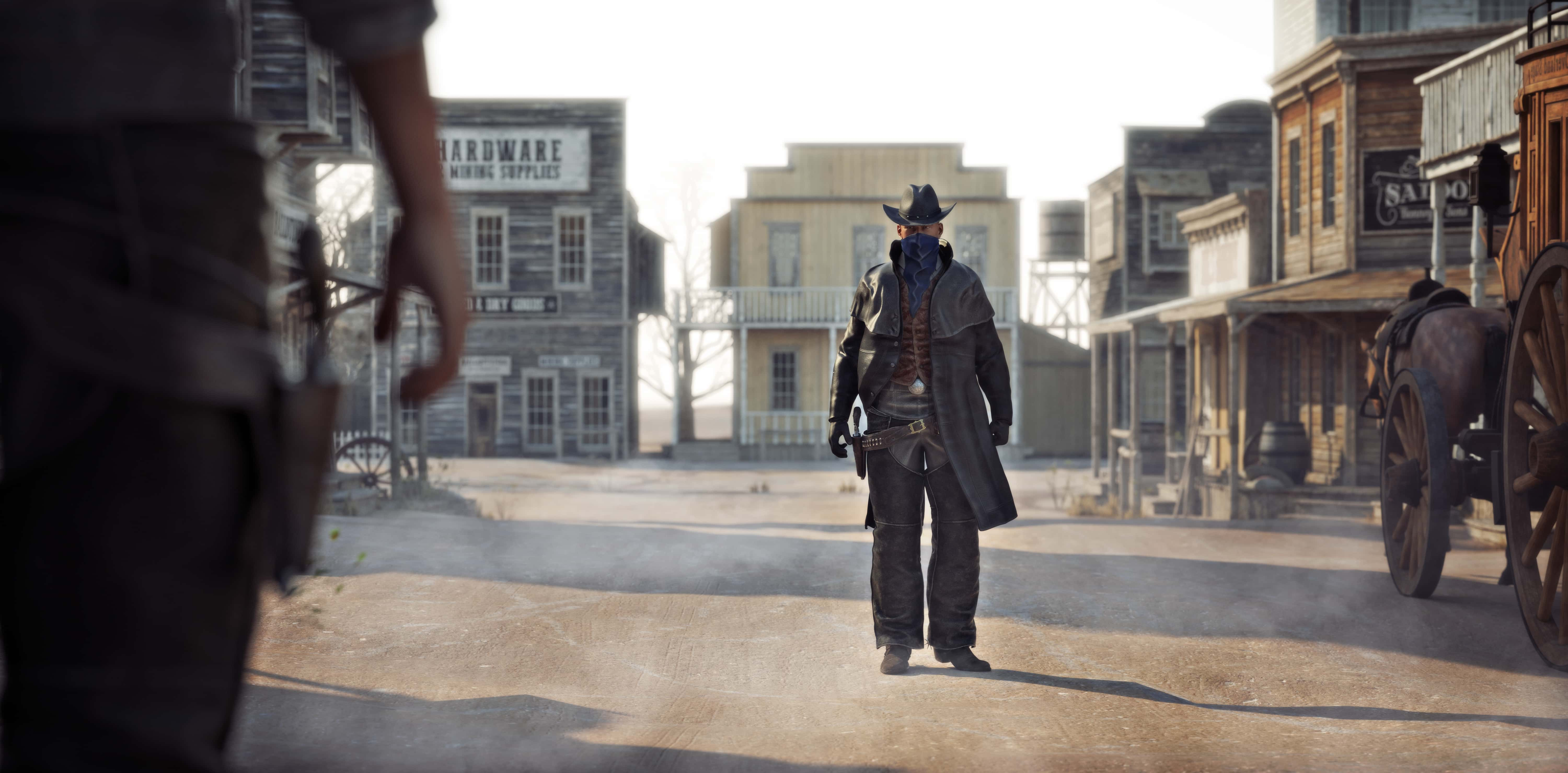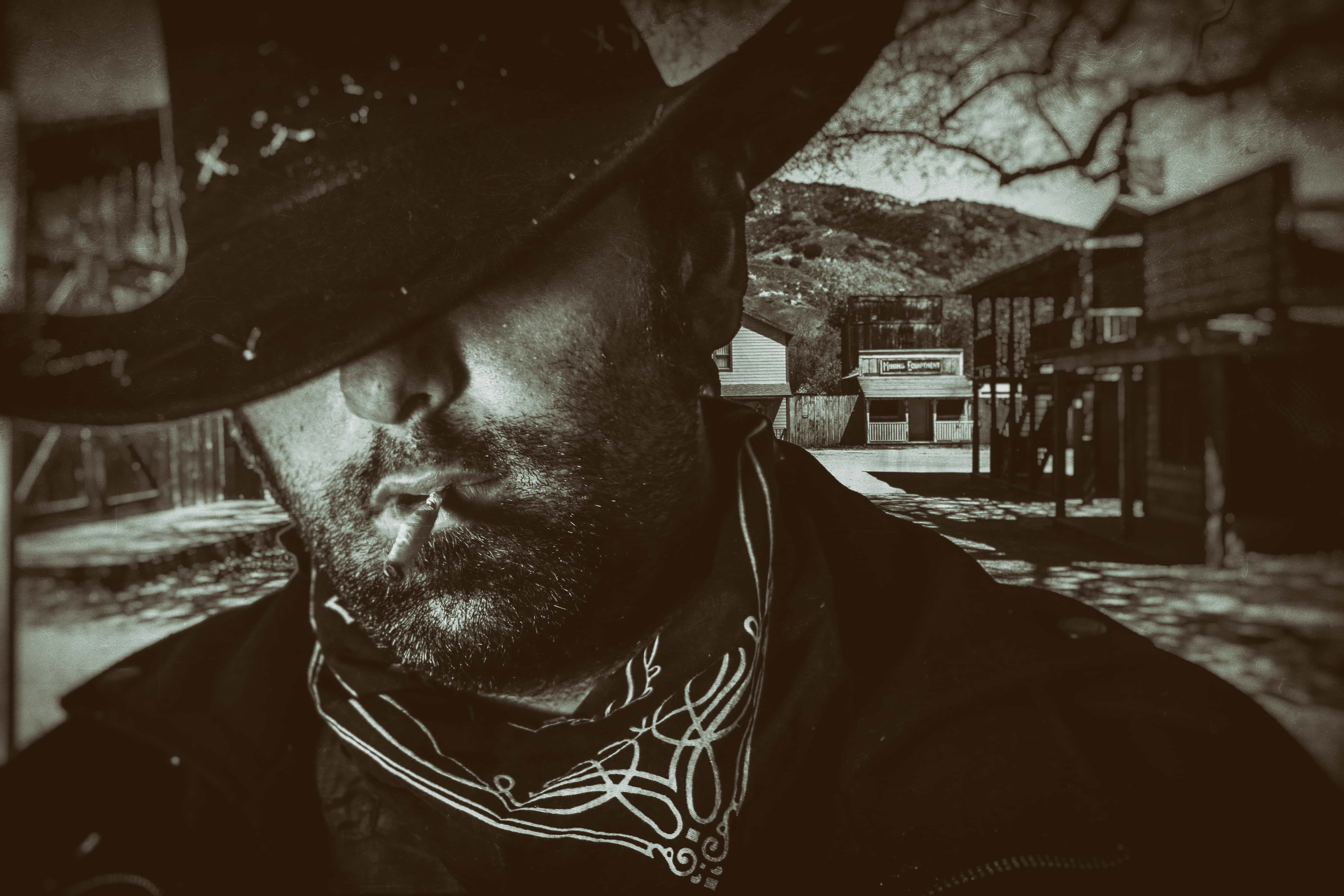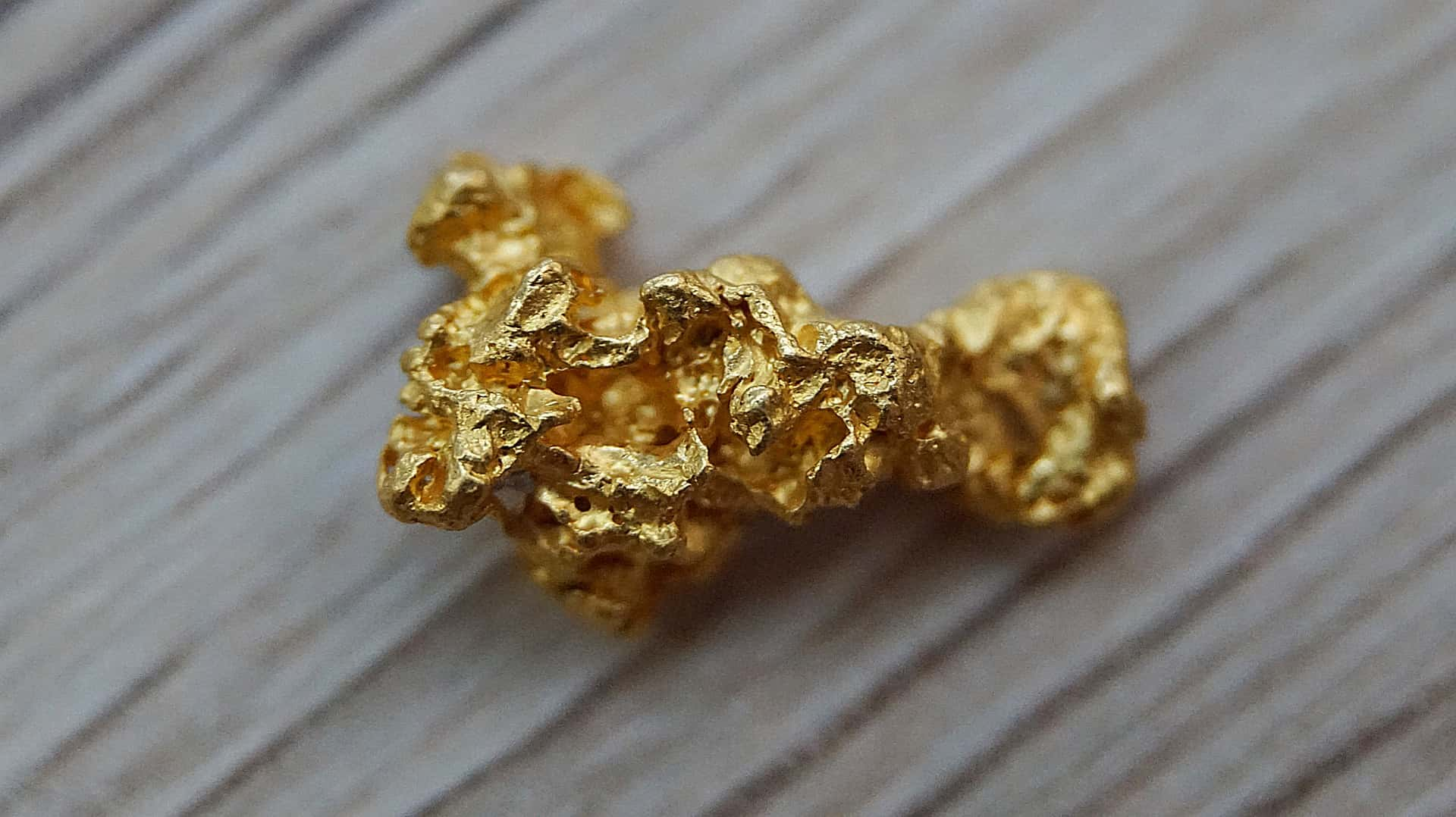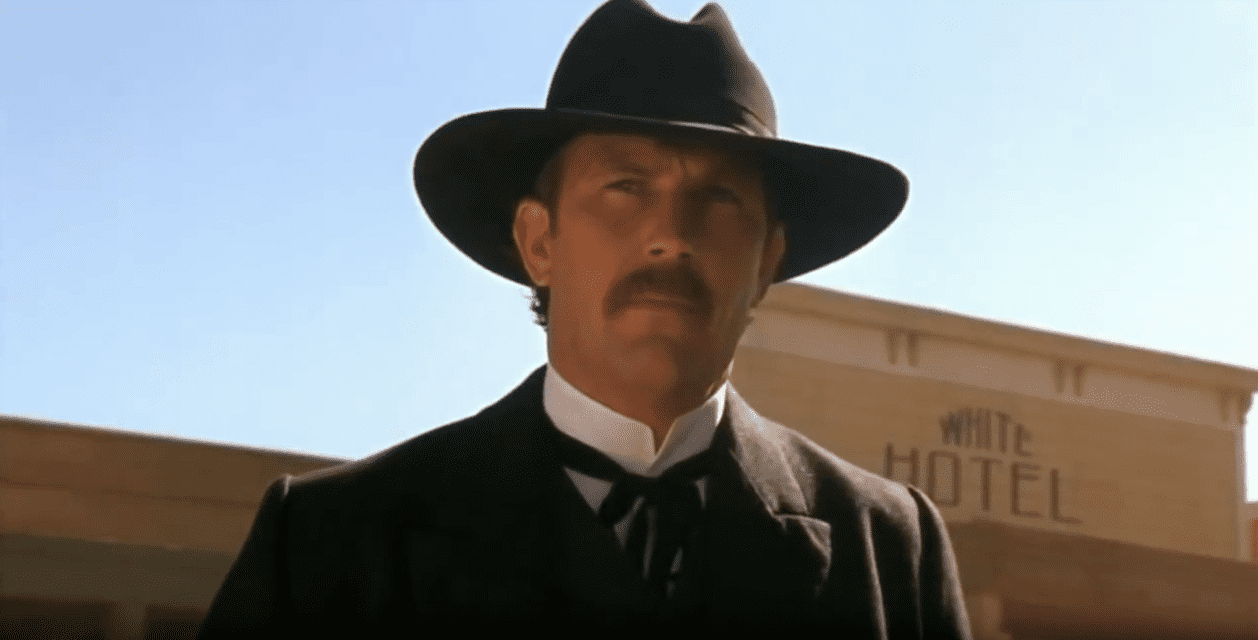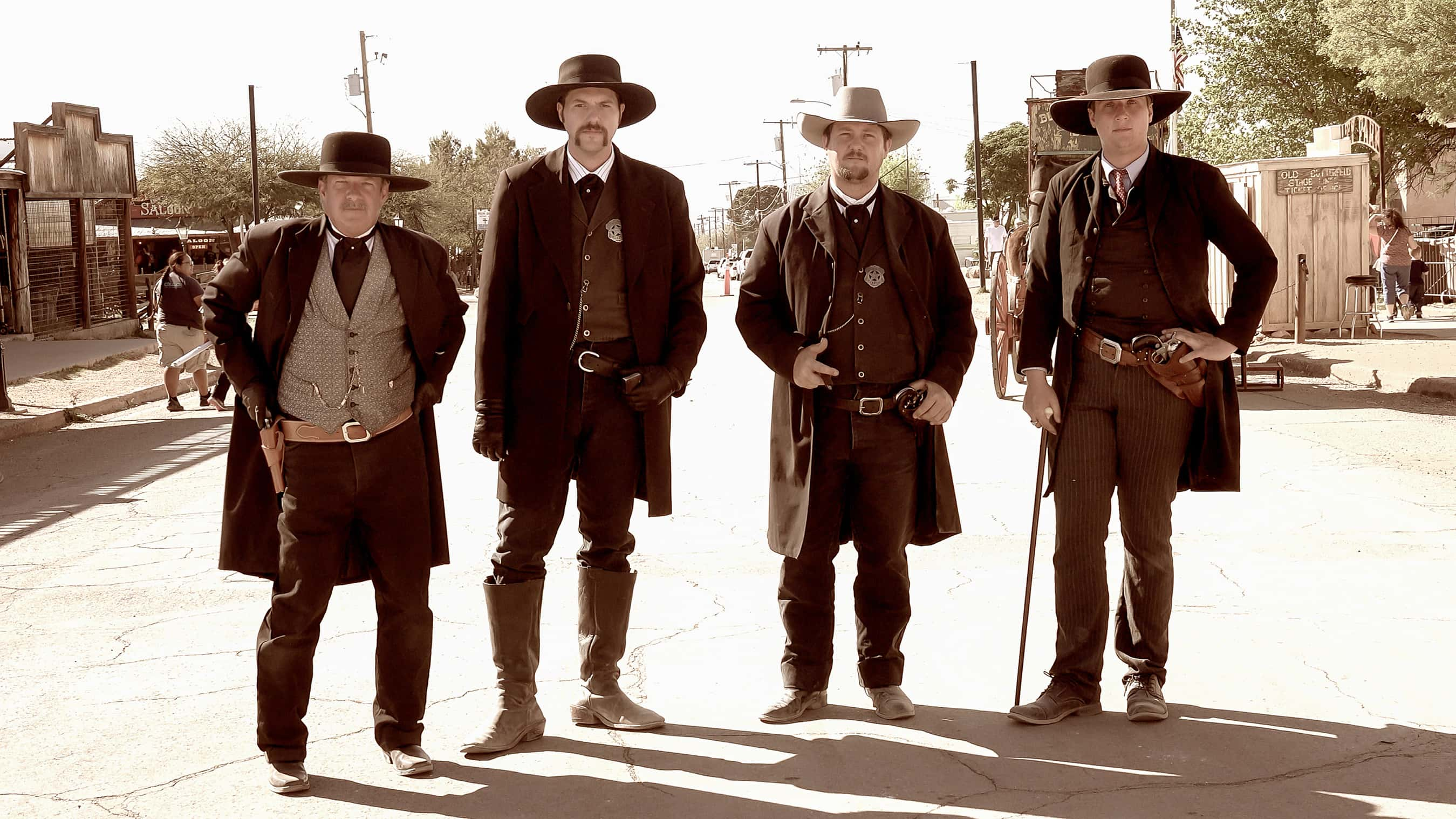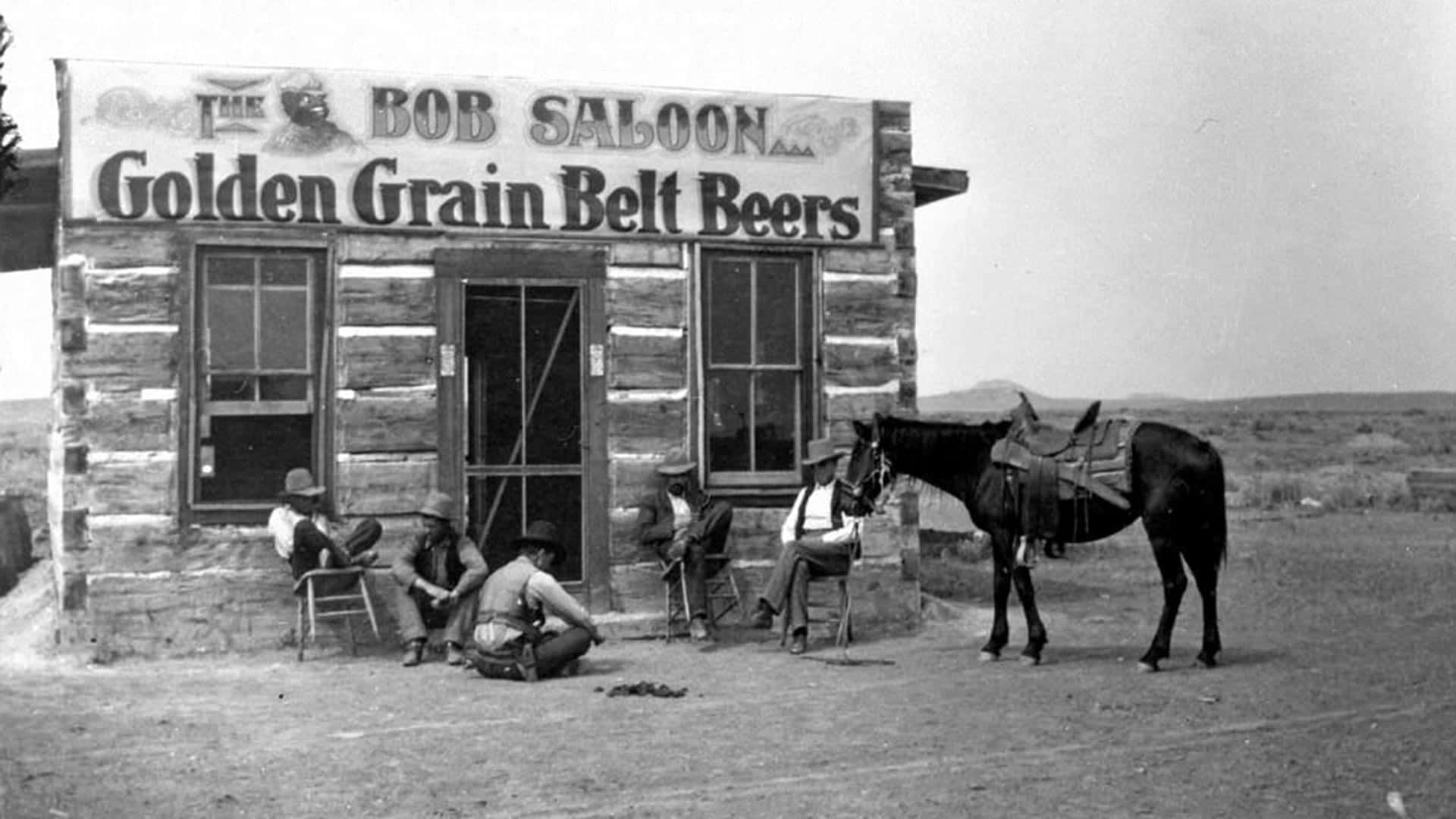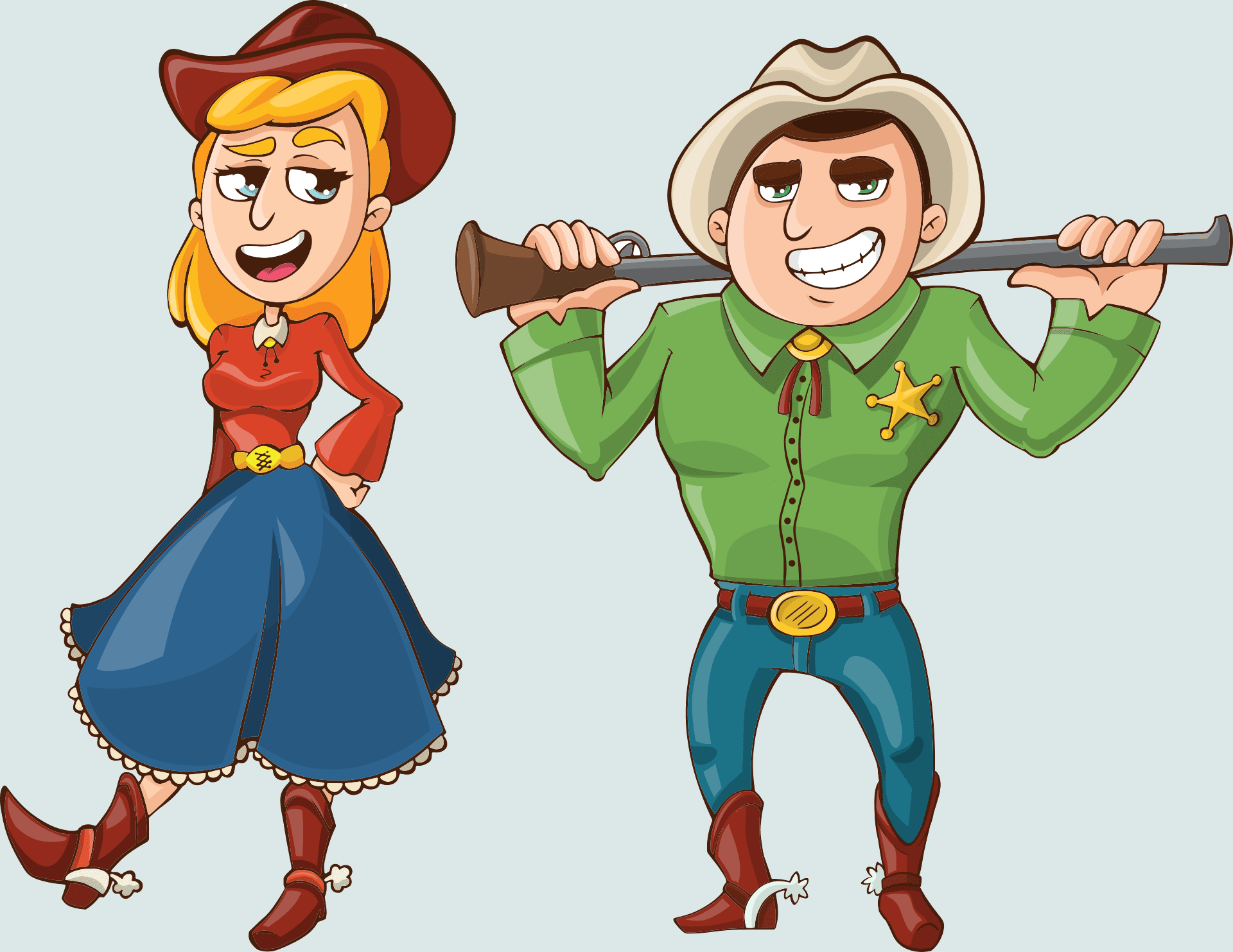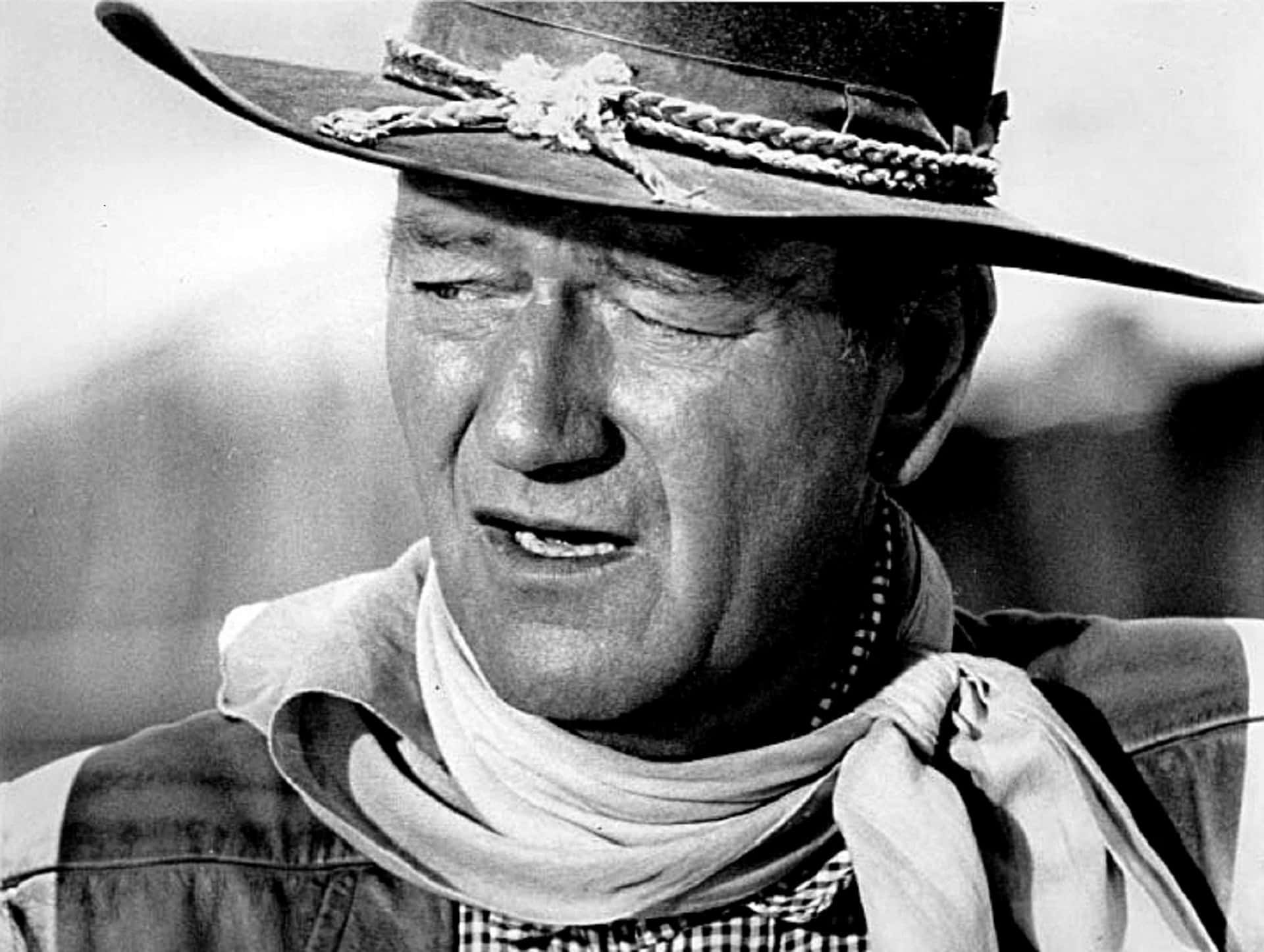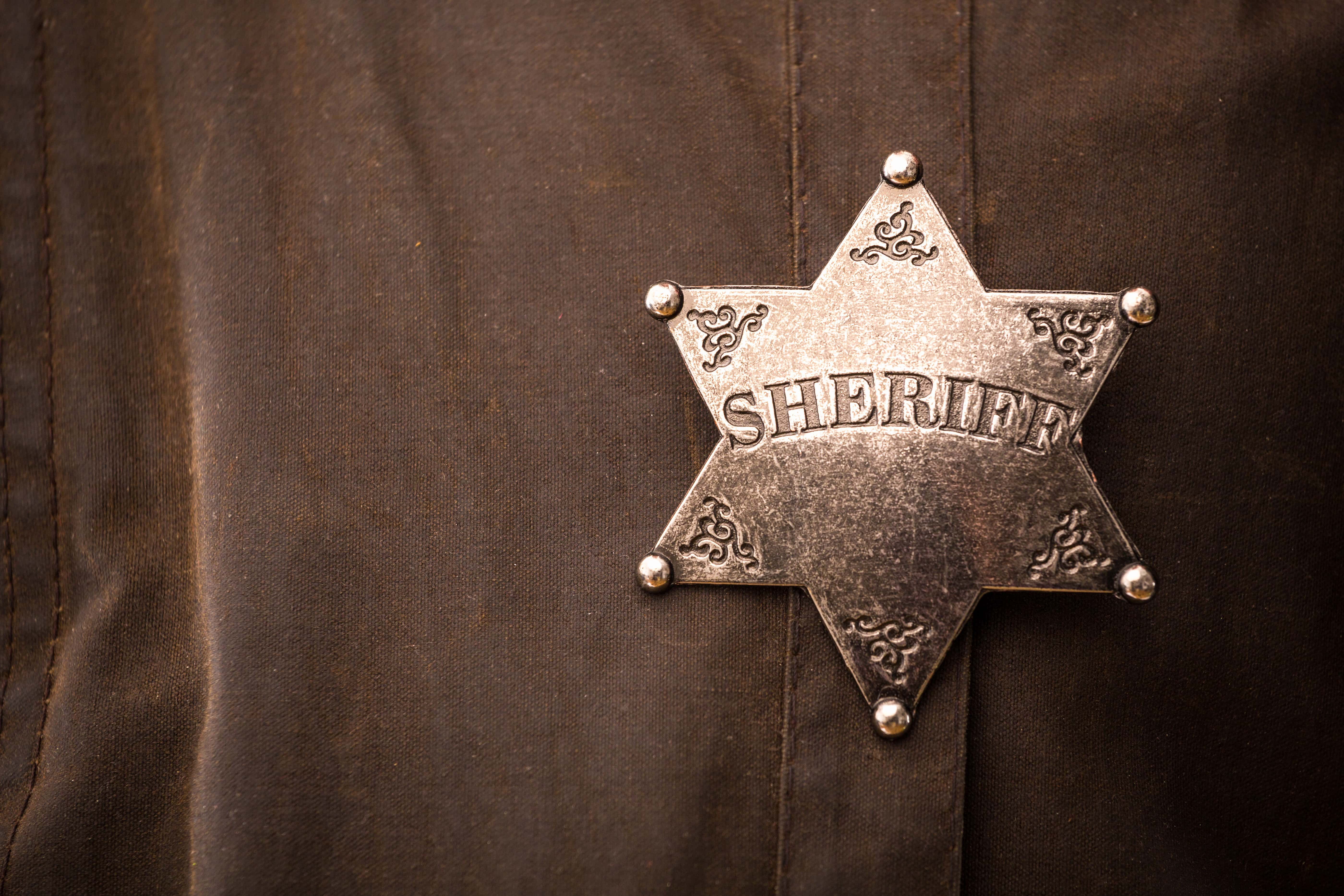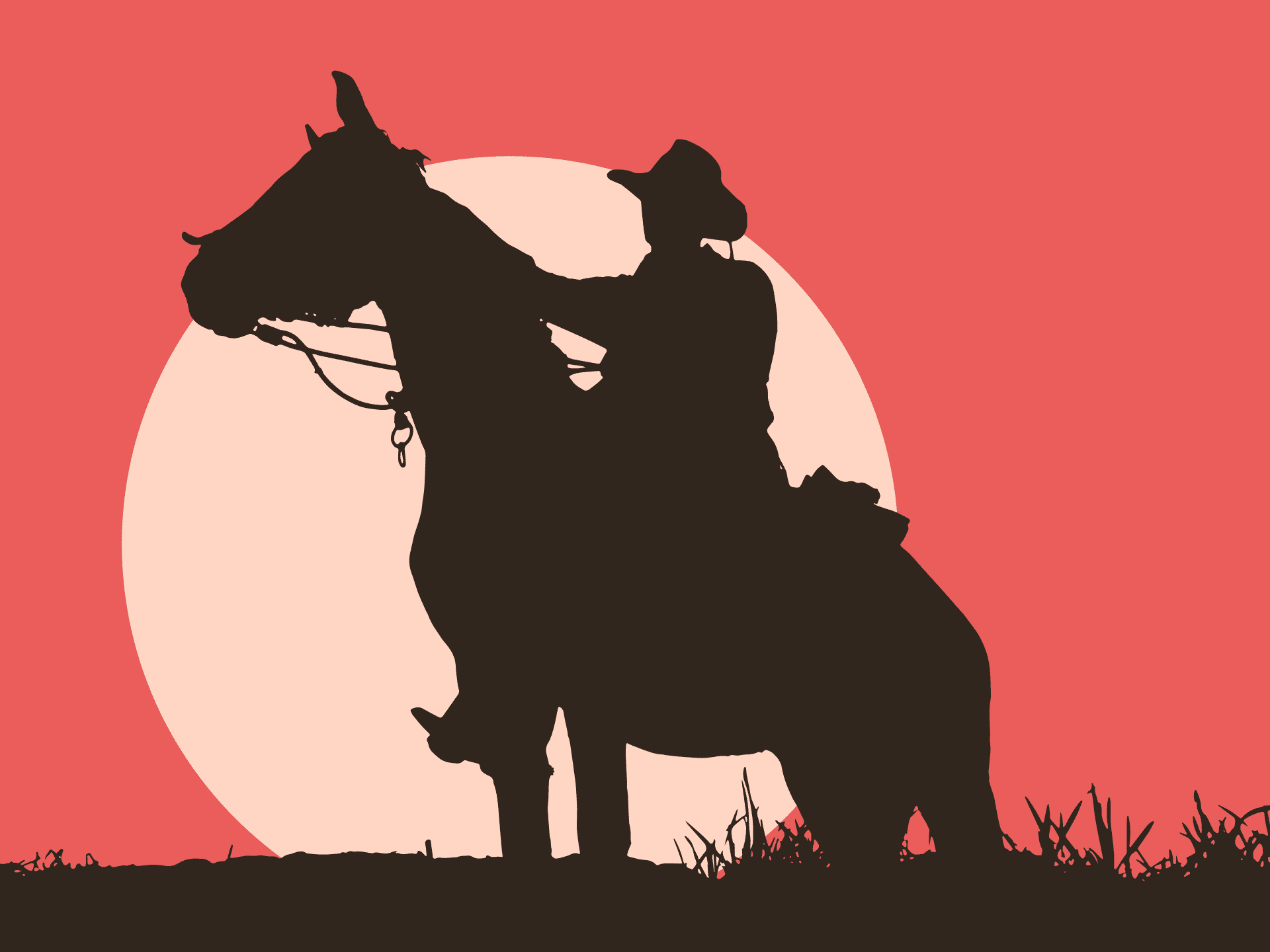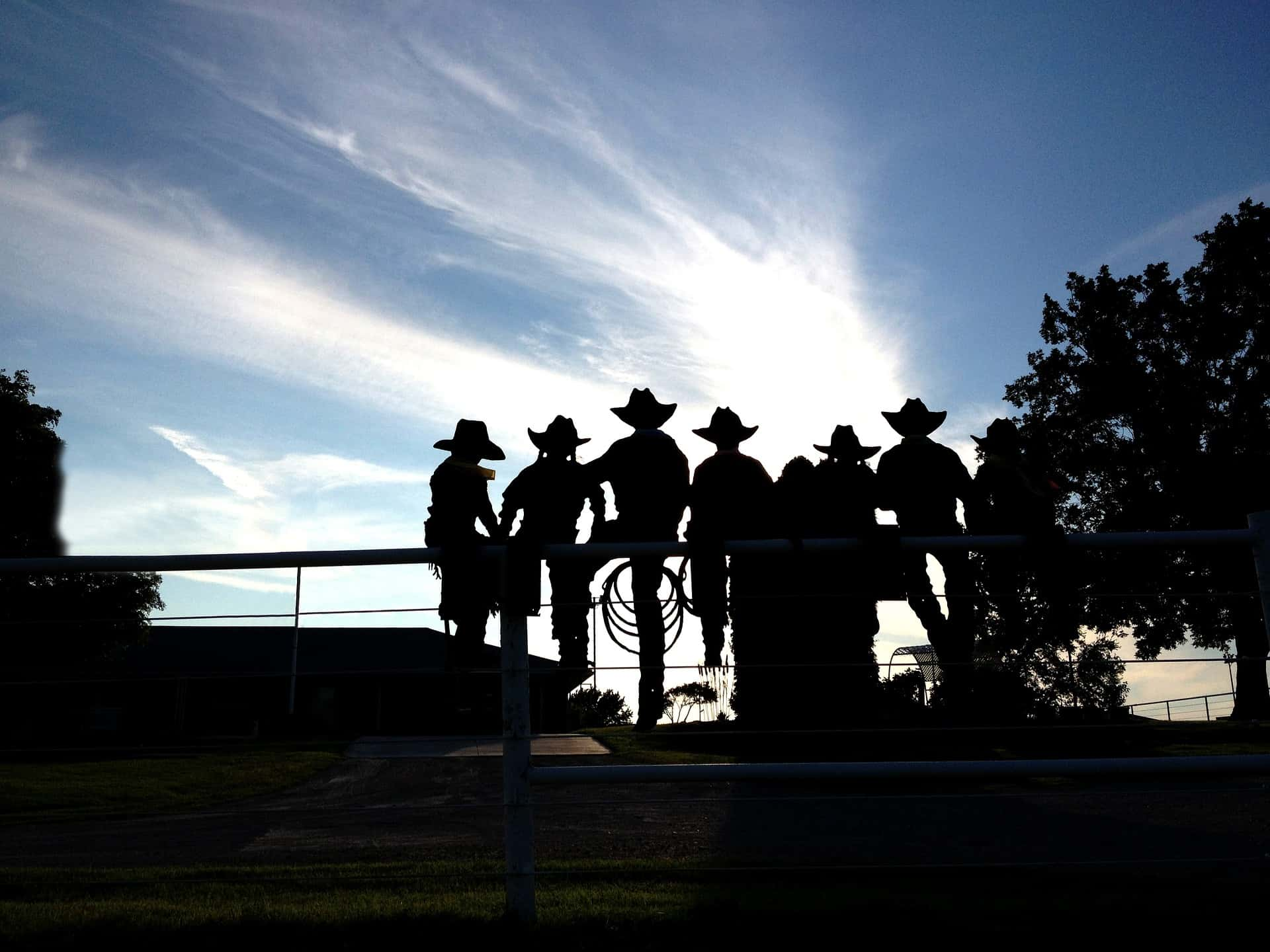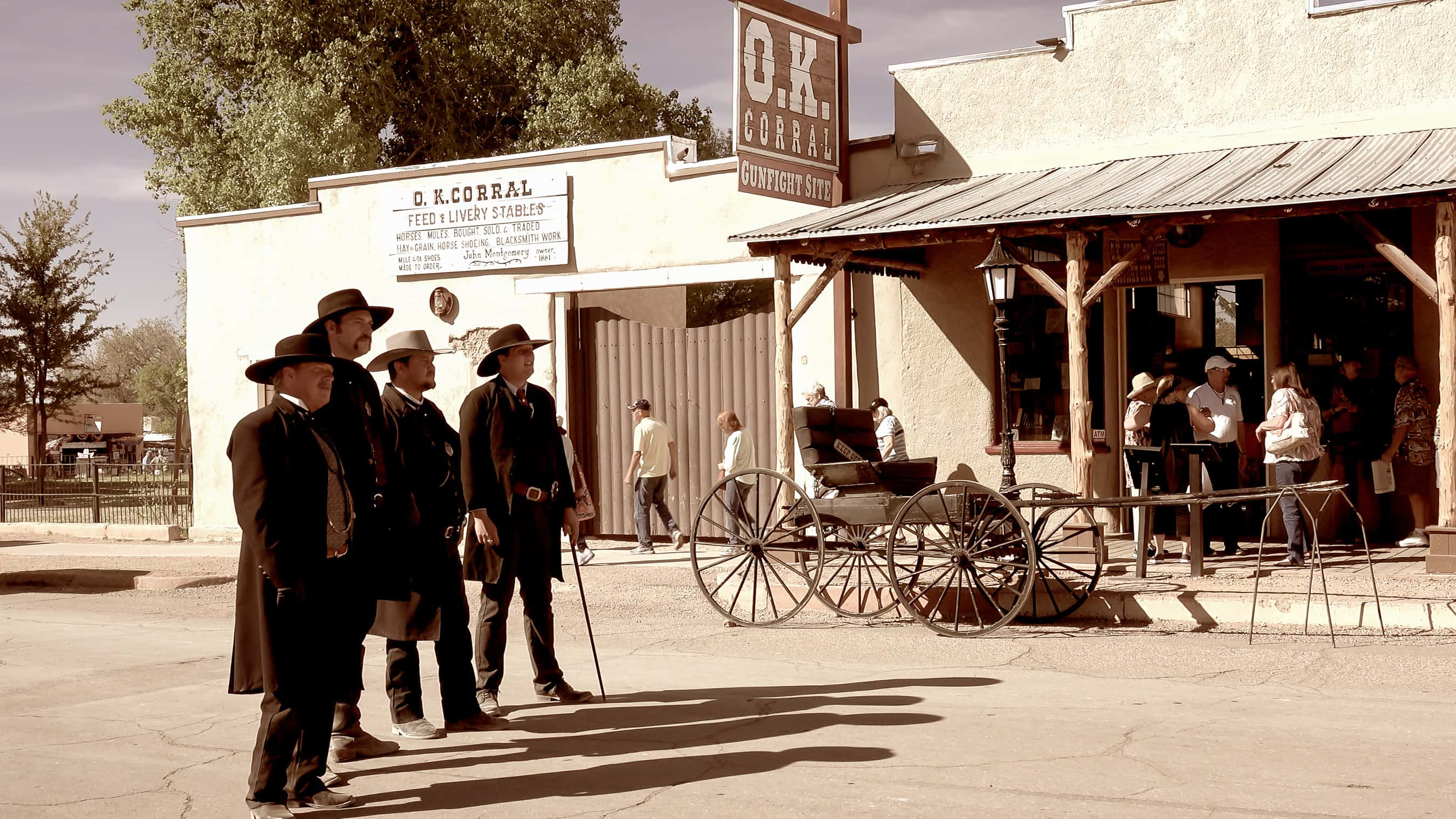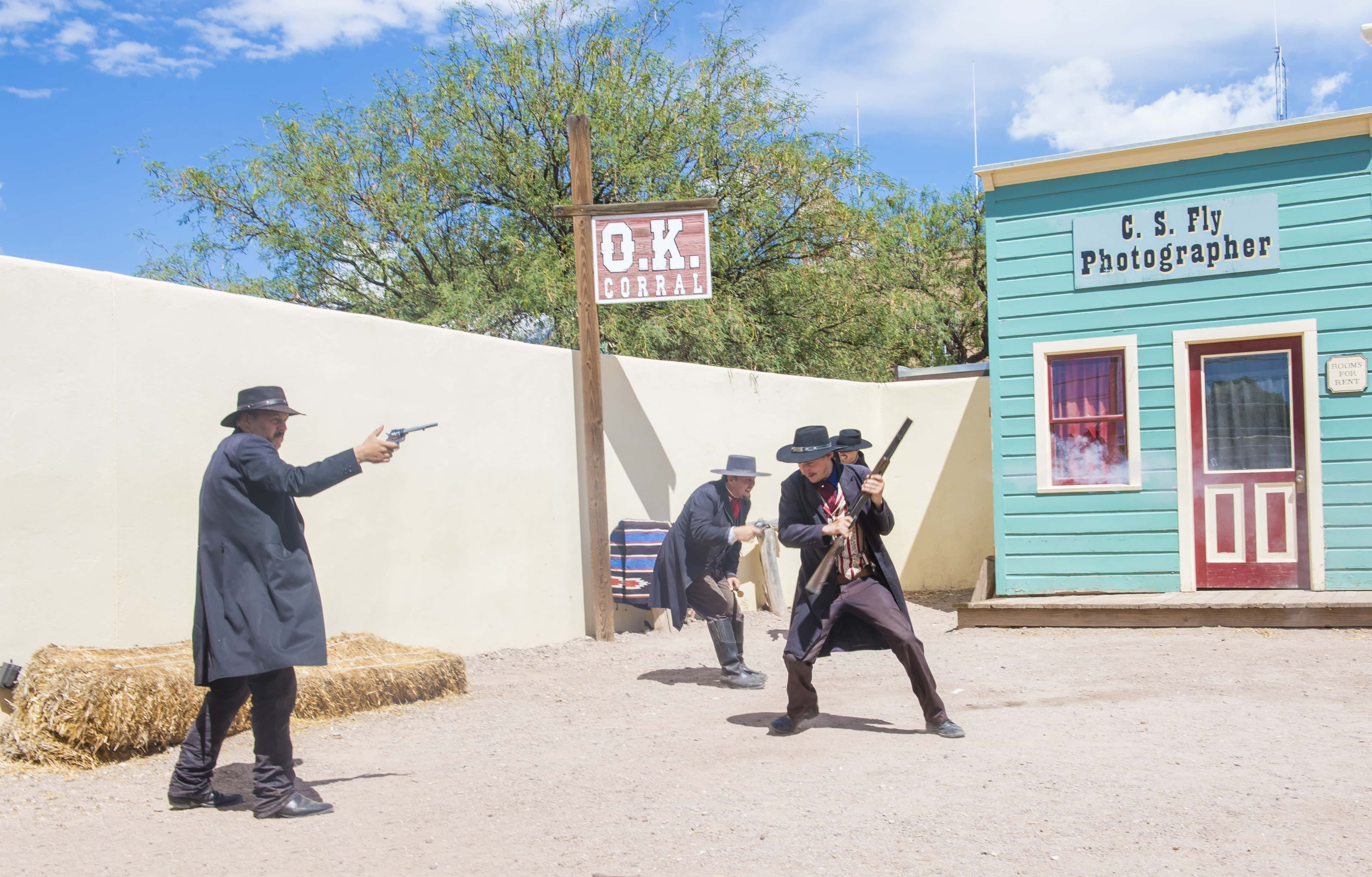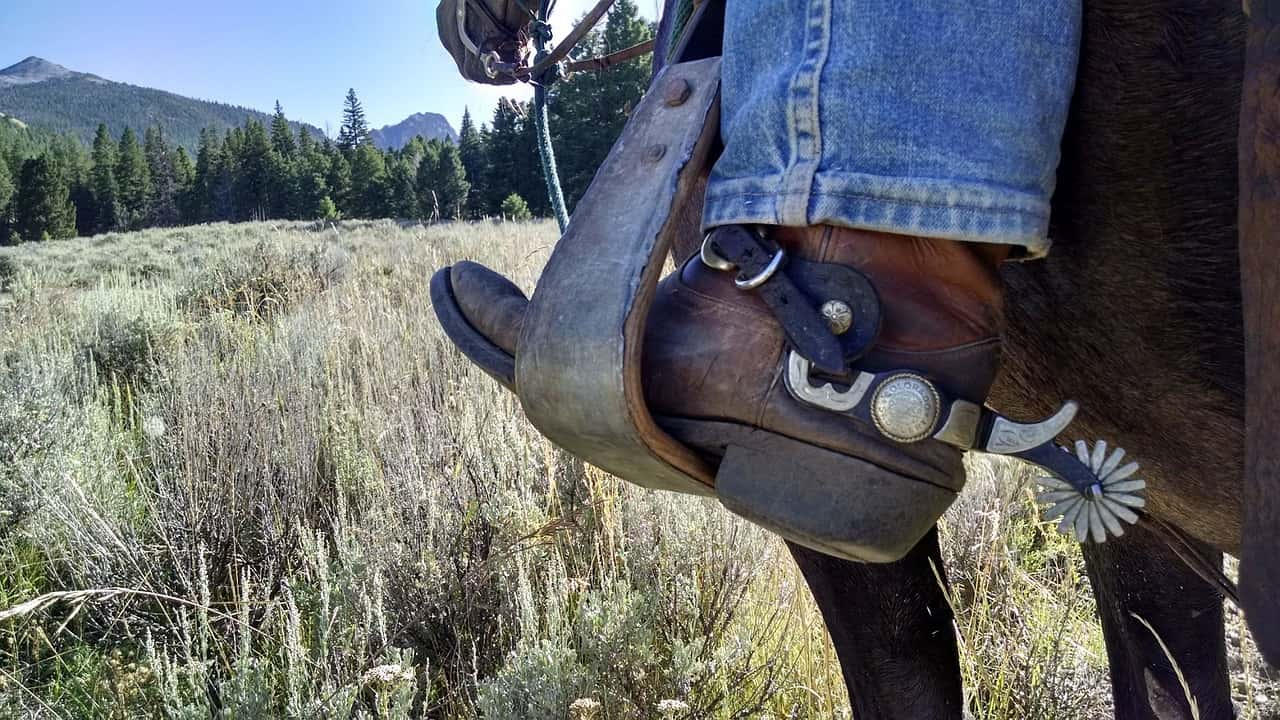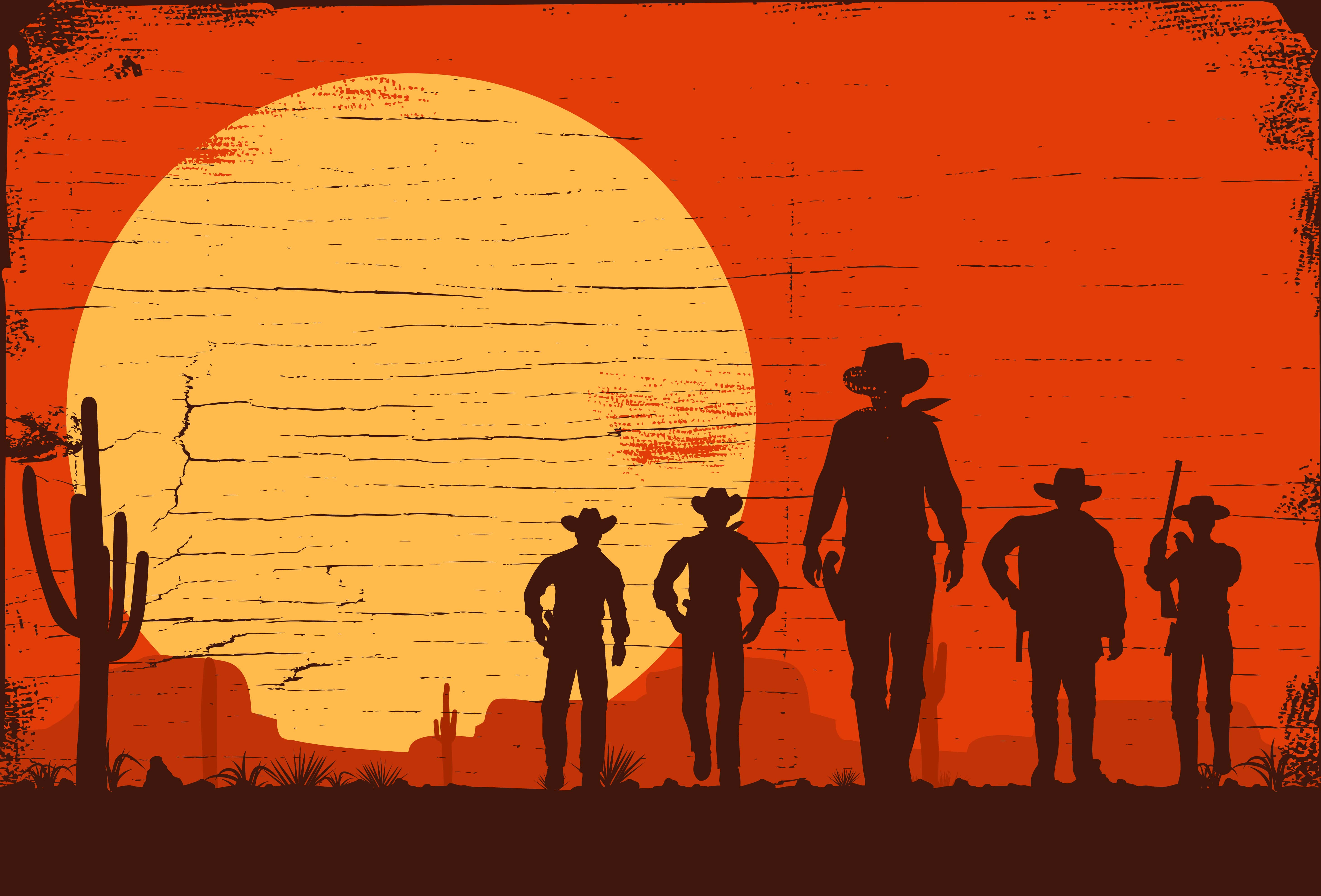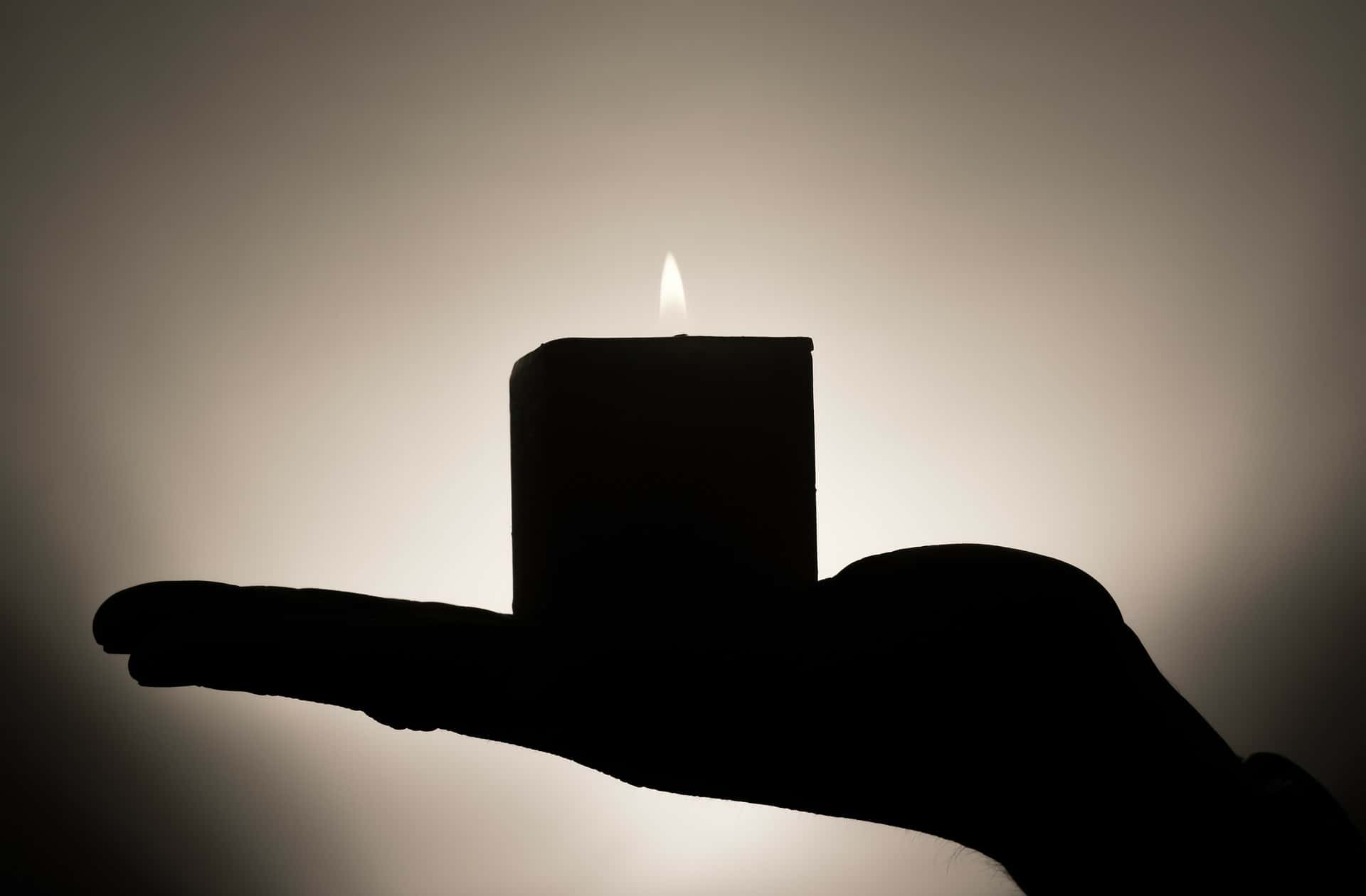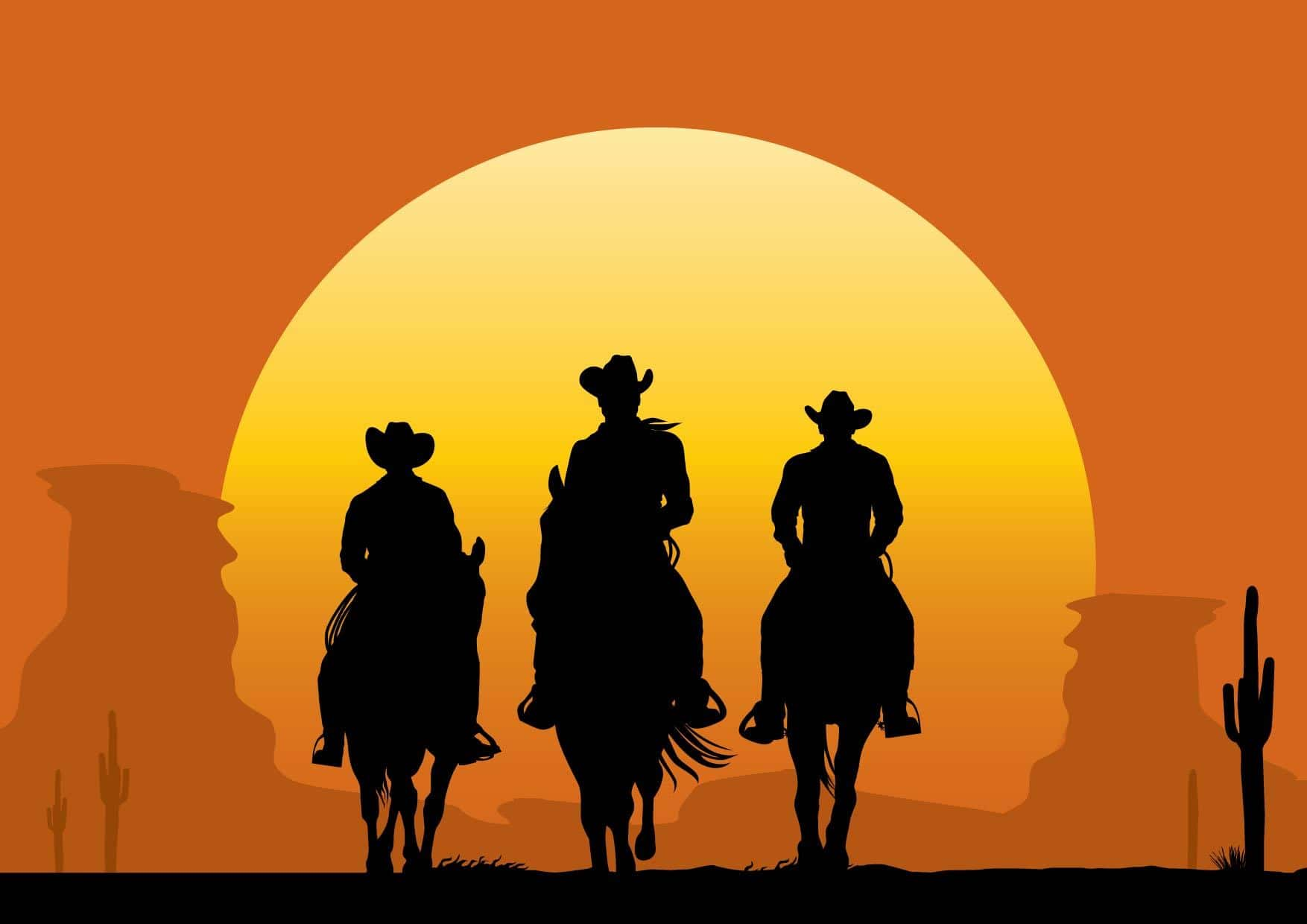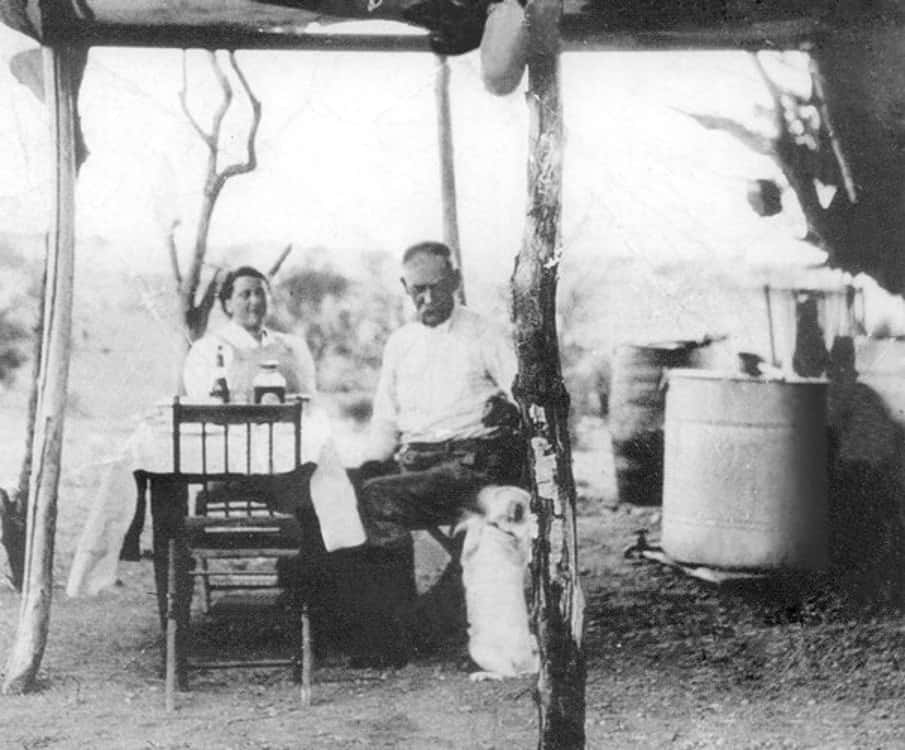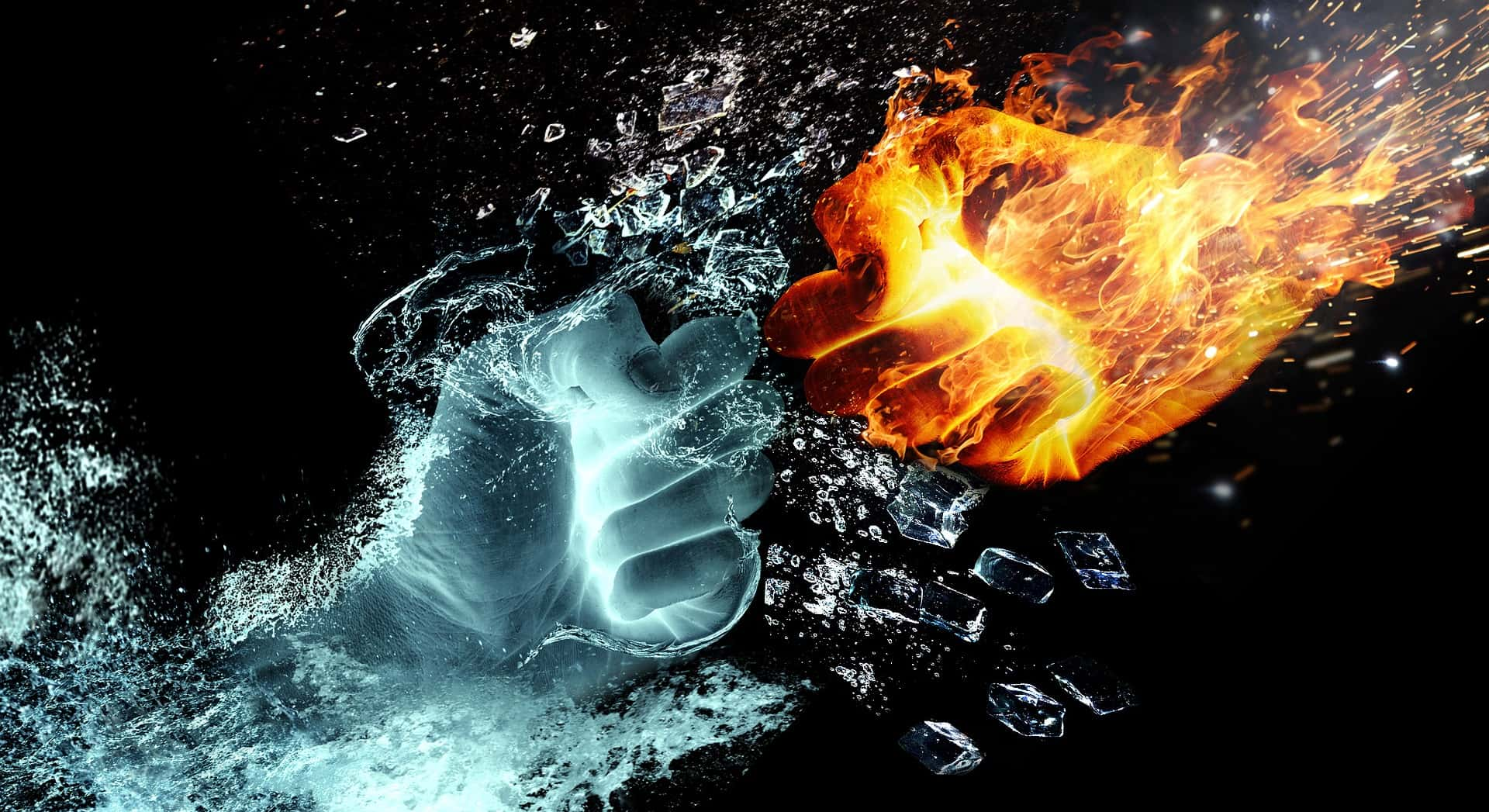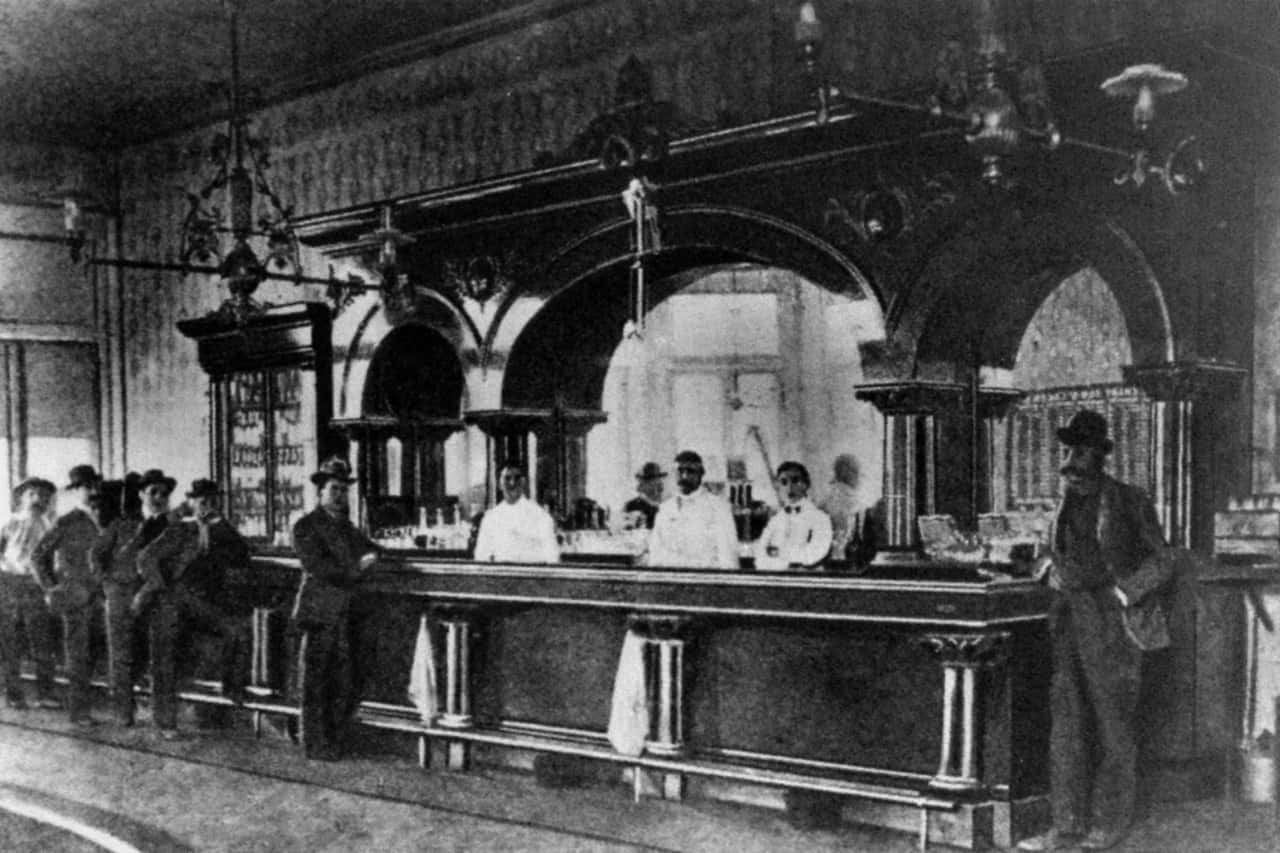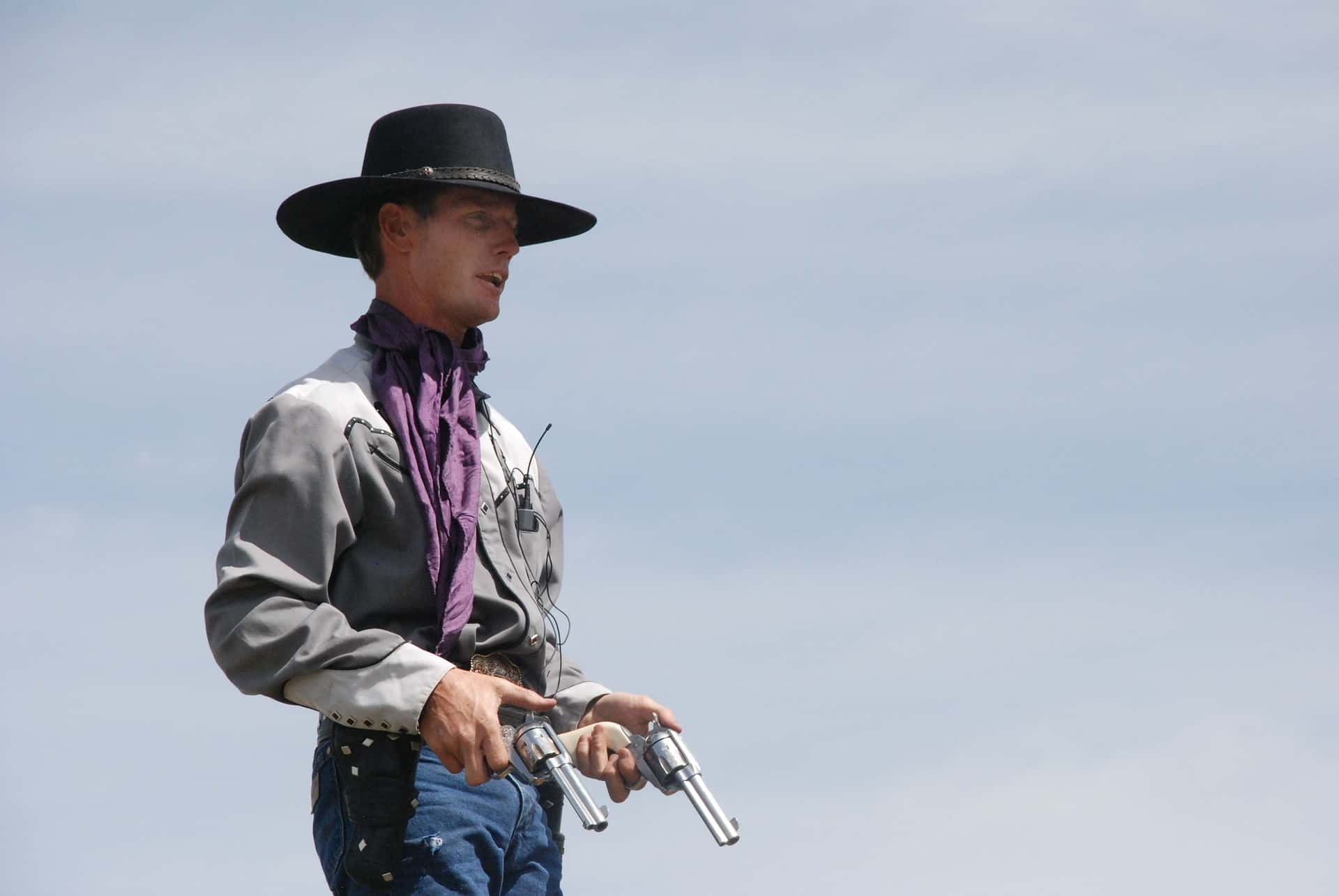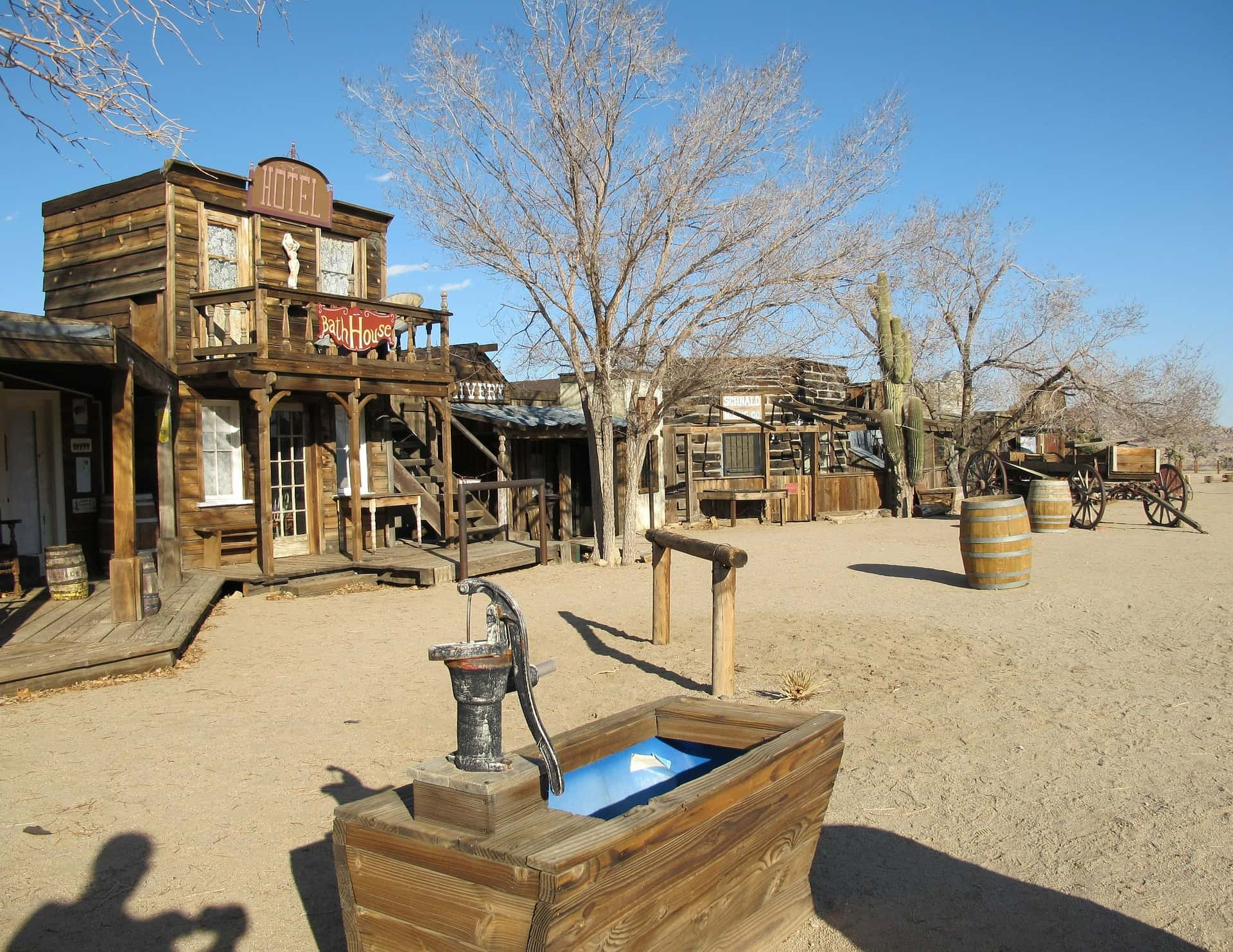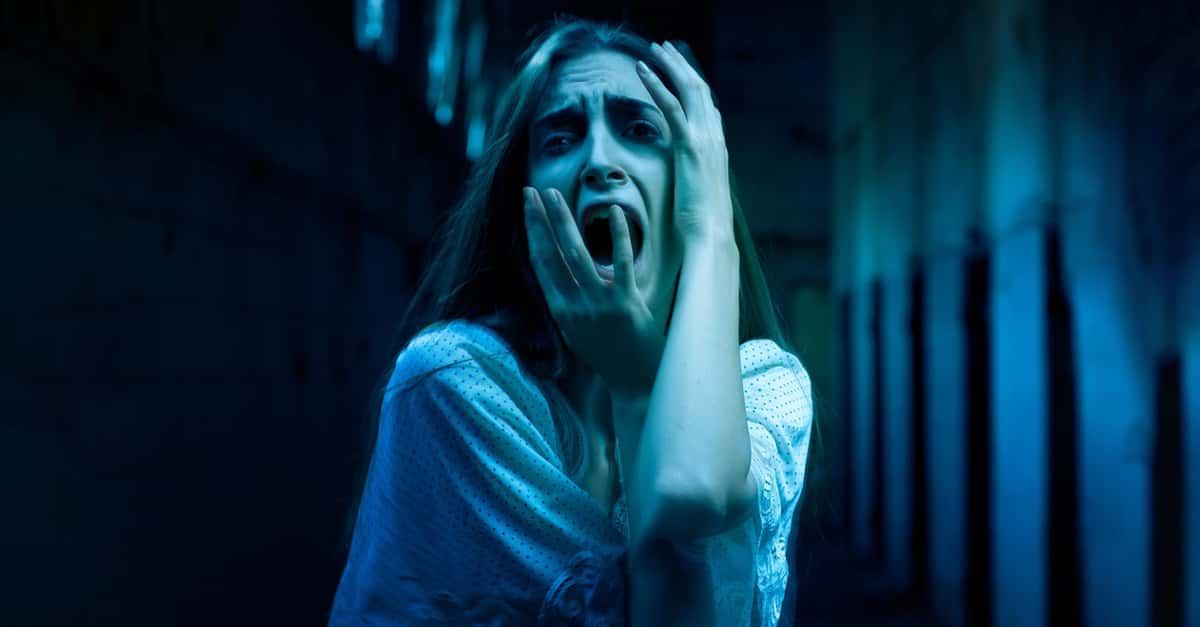One of the most famous lawmen in American history, the story of Wyatt Earp has endured for over a century. He’s inspired novels, films, songs, and re-enactments for tourism. Yet for all that the Earp legend thrives, it’s important to be able to separate history from myth. So what were the facts about Earp’s life, as far as we can tell? Which parts really happened, and which parts have been fictionalized? Find out more below.
Wyatt Earp Facts
45. Illinois Boy
Earp was born on the 19th of March 1848, to Nicholas Porter Earp and Virginia Ann Cooksey in Monmouth, Illinois. His full name was actually Wyatt Berry Stapp Earp; he was named after his father’s commanding officer during the Mexican-American War.
44. One-Upping the Brady Bunch
Earp had no fewer than seven brothers and sisters! Their names were Morgan, Virgil, Warren, James, Virginia, Adelia, and Martha (who died young). Earp also had a half-brother, Newton, from his father’s first marriage.
43. Too Young
When the US Civil War began in 1861, Earp’s older brothers Newton, James and Virgil enlisted in the Union Army. Earp also tried to enlist several times, even running away from home to find the recruiting sergeant. The problem was that he was just thirteen years old. His father would continually have to be called up to drag him home.
42. Lost in Adaptation
One reason for Earp’s shining reputation was a book which emerged shortly after his death. Stuart Lake’s "biography" Wyatt Earp: Frontier Marshal was a resounding success, but it has come under fire since then for embellishing many details of Earp’s life. However, despite its dubious veracity, the book would inspire countless adaptations of Earp as a heroic figure of the old west.
41. Go West, Young Man
In 1864, Earp and his family went west to California, arriving in San Bernardino on the 17th of December. The teenaged Earp became a teamster, transporting cargo across several states along a wagon road which was more than 720 miles long!
40. Big Brother?
What people tend to forget about Earp’s role in the showdown at the OK Corral is that he wasn’t the one in charge. His older brother, Virgil, was serving as Tombstone City Marshal, while Earp was just a temporary assistant marshal. Moreover, Virgil was a war veteran, having fought in several battles of the Civil War, and was thus much more knowledgeable about weapons than Earp. While some films such as Tombstone point this out, most have relegated Virgil to a supporting role when portraying the event.
39. Following in Dad’s Footsteps
Earp’s first work with the law was when he and his family moved back east to Lamar, Missouri in 1868 (though Earp himself joined them in 1869). Earp’s father, Nicholas, served as the constable in Lamar before stepping down on the 17th of November 1869 to run for the position of justice of the peace. As a result, his son Wyatt was able to take up the vacant spot of constable.
38. Never Even Touched Me!
One remarkable aspect of Earp’s legend stems from the fact that, despite all his gunfights, Earp was never wounded by gunfire! His seemingly charmed life led him to emerge unscathed from several close calls (more on those later).
37. Fact and Fiction United
Earp managed to live a long life for such a controversial figure of the Old West. In fact, he managed to see the emergence of the first Western films out of Old Hollywood. Earp would even befriend and influence early film stars of this genre, including Tom Mix. Mix would serve as a pallbearer at Earp’s funeral.
36. The Start of a Beautiful Friendship
The great friendship between Earp and dentist-turned-gunslinger Doc Holliday supposedly began thanks to an outlaw named Dave Rudabaugh. In 1878, Earp was appointed to the rank of temporary deputy US Marshal strictly to bring Rudabaugh into custody for robbing the Santa Fe Railroad. Earp pursued Rudabaugh’s trail for more than 400 miles, finding himself in a saloon on the Clear Fork of the Brazos River. He was directed to speak with Holliday, a professional gambler who’d played with Rudabaugh earlier. Holliday offered what information he could, though Earp was unsuccessful in getting Rudabaugh. Earp went back to Dodge City in May of that year, with Holliday joining him soon after.
35. A Rivalry Reborn
You might be wondering what happened to Dave Rudabaugh, the outlaw who’d successfully evaded capture by Earp. After he rode with Billy the Kid (yes, that Billy the Kid), Rudabaugh would flee west again after Billy the Kid’s arrest at Stinking Springs. In an example of a journey going full circle, Rudabaugh joined the Clanton family in their feud with Earp and his brothers. Rudabaugh may or may not have participated in the attacks on Earp’s brothers, as well as the Earp Vendetta Ride, but his level of involvement is lost to history.
34. It Wasn’t Me! Or Was It?
Earp is one of the men usually credited with killing the notorious outlaw Johnny Ringo. A member of the Cochise County Cowboys, Ringo was found on the 14th of July 1882, dead of a gunshot wound to his right temple. While his death was ruled a suicide, many theories have sprung up suggesting that Ringo was murdered in cold blood. Given their feud with the Cowboys, Earp or Doc Holliday are usually credited with the murder. Earp himself actually did claim that he shot Ringo, but many doubt his word, as he gave details that didn’t match up with the facts around Ringo’s death.
33. No Thanks, I’m the Designated Driver
Reportedly, Earp never indulged in alcohol. Though to be fair, given all the trouble he ended up dealing with from drunken men armed with guns, we can’t help but understand why he’d want to stay away from the stuff.
32. When Two Legends Meet
In 1897, Earp and his wife Josephine traveled to Alaska to take part in the Klondike Gold Rush. Their journey was fraught with accidents and delays, and even when they arrived, their plans fell apart for various reasons. However, while they were there, Earp interacted with a young man named Jack London. As you probably know, London later became one of the first worldwide celebrity authors, writing several books, such as The Call of the Wild and White Fang, which were set in Alaska during the gold rush.
31. Starring…
It’s safe to say that Earp has been portrayed by many actors throughout the history of film and television. These actors include Joel McCrea in Wichita, Kevin Costner in Wyatt Earp, Henry Fonda in My Darling Clementine, and Kurt Russell in Tombstone, to name just a few.
30. Someone Tell Walter Mirch!
Fans of the show Deadwood might remember that Earp appeared in that famous town. This is based on fact, as Earp really did spend the winter of 1876/77 in Deadwood while he was serving as assistant marshal in Dodge City. While he was there, Earp loaned his horses to pull firewood. This netted him a profit of $5,000, but he left Deadwood when he couldn’t get his hands on a mining claim.
29. That’s Gonna Leave a Mark…
When dealing with unruly or drunk men, one of Earp’s favored moves as a lawman was a technique that was occasionally called “buffaloing.” A more common term for it would be pistol-whipping. Safe to say that Earp wouldn’t be getting away with that kind of thing nowadays!
28. Work Where You Can
You might be surprised to know that Earp didn’t travel to Dodge City, Kansas just to be a lawman. In fact, the initial reason he ventured there was that his brother, James, was running a brothel in the town. Earp would work as an enforcer in the brothel in between his stints as a lawman!
27. Ball's in Your Court, Law & Order!
In the 1950s, the rising medium known as "television" resulted in an insane number of Western-themed shows being put on. The high-water mark of Western-themed television was arguably the year 1959, and it was an especially good year for Earp. No less than six of those shows were either about or featured Earp in some capacity. These shows were Broken Arrow, Gunsmoke, Tombstone Territory, Bat Masterson, Johnny Ringo, and The Life and Legend of Wyatt Earp.
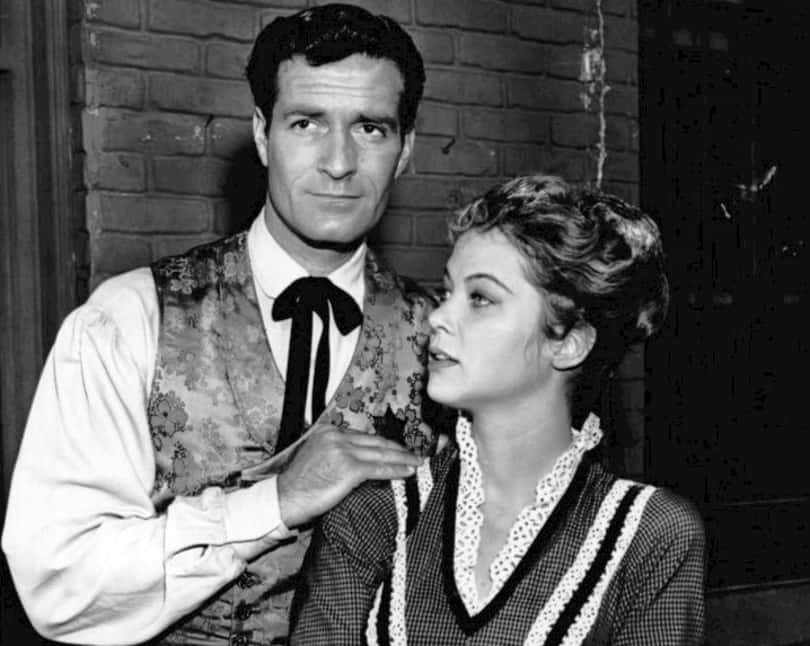 Wikimedia Commons, ABC Television
Wikimedia Commons, ABC Television
26. Another One Bites the Dust
On the 26th of July 1878, Earp was involved in a shootout in Dodge City. At three in the morning, George Hoyt and several of his friends discharged their weapons in drunken revelry. Earp and policeman Bat Masterson fought fire with fire, causing Hoyt and his friends to flee. However, one of Earp’s shots struck Hoyt in the leg. According to Earp, he had actually killed Hoyt with this shot, but the Dodge City Times reported that Hoyt was only injured, with gangrene developing. Then, after his leg was amputated, it was reported that Hoyt died due to complications from his wound. Either way, the man ended up dead after tangling with Earp.
25. Reunion of Legends
In 1879, Earp and his brother James left Dodge City with their common-law wives. They’d been told by their brother, Virgil, of the silver mines near the town of Tombstone in Cochise County. Earp was also reunited with his friend Doc Holliday, who’d also come to Tombstone.
24. Yee-Haw!
While Earp and his brothers settled in Tombstone, they ran afoul of an outlaw faction known as the Cochise County Cowboys. While you might be puzzled over such a bland name as “Cowboys” being used for a gang, keep in mind that legitimate cowboys were never actually called that back then (the proper term would have been “ranchers” or “cattle herders”). Earp and his brother Virgil both became sworn men of the law, which meant that it fell to them to keep the peace in Tombstone.
23. Love Square
When he arrived in Tombstone, Earp was in a common-law marriage to a woman named Mattie Blaylock. However, their relationship soured while they lived in Tombstone, and Earp soon met the love of his life. Josephine Marcus’ life is shrouded in mystery, but what is known for sure is that she was initially in a relationship with Johnny Behan. However, she fell for Earp instead, leading to a deep rivalry between the two men.
22. Thanks, Bert!
Earp was so long-lived that he managed the unique experience of going to a movie that featured himself! The film in question was Wild Bill Hickock, which was released in 1923 and had been written and produced by Earp’s friend William Hart. Earp was portrayed Bert Lindley, the first actor to hold the distinction of acting as the famed lawman. Wild Bill Hickock was the only film made about Earp to be released in his lifetime, so we hope he liked it!
21. Hello, Duke
Speaking of Old Hollywood, Earp was serving as a technical advisor on Hollywood films when he befriended a young actor named Marion Morrison. Morrison would get Earp his coffee and Earp would tell him stories of his life. As you might have known already, Morrison would go on to change his name and cement his legacy in the world of Hollywood as John Wayne!
20. From Neck in Neck to a Stab in the Back
In 1881, both Earp and Johnny Behan ran for the position of Cochise County’s sheriff. While Earp had previously served as undersheriff and had a better reputation, Behan had more significant political influence. This stalemate led to a deal being made between the two men. Earp would withdraw from the race if Behan would re-appoint him as undersheriff when he won. However, Behan would renege on the deal after winning, appointing Harry Woods instead.
19. The Reason for Treason
You might be wondering why Johnny Behan double-crossed Earp on the issue of Cochise County’s undersheriff position. Both men gave different accounts as to why that might be, but they both revolved around the same incident. Just before Behan’s appointment as sheriff, Earp had found out that Ike and Billy Clanton of the Cowboys were in possession of a horse which had been stolen from Earp the year before. With Doc Holliday by his side, Earp made for the Clanton ranch, on the same day that Behan was heading over to deliver Ike a subpoena. What happened next is where Behan and Earp’s testimony differed.
Earp maintained that the Clantons gave up the horse without any issue. Behan insisted that Earp had deceived the brothers by convincing them that Behan was coming to arrest them for horse theft, so they gave the horse back to avoid arrest; this action embarrassed and angered all the parties involved, though we’d argue that Earp and Holliday must have had a real laugh about it (assuming that Behan was telling the truth, anyway).
18. Armed and Intoxicated
On the 28th of October 1880, Tombstone was rocked by an incident where several of the Cowboy faction, notably Curly Bill Brocius, were drunkenly firing their guns. The Town Marshal at the time was Fred White, and he tried to disarm Brocius. Because of his inebriation, and because White grabbed the barrel of the gun, Brocius accidentally discharged the weapon, wounding White. Earp immediately pistol-whipped Brocius and took him into custody.
17. Just a Misunderstanding!
Because Fred White was a popular man, Curly Bill Brocius was terrified of being lynched. He requested an immediate trial in Tucson, and his request was granted. Ironically, White himself testified that the shot had been accidental, and he didn’t believe that Brocius acted out of malice. In a case of greater irony, Earp himself supported this testimony and helped Brocius get acquitted of murder. White would die of his injury two days afterward, while Brocius and Earp would go on to become the bitterest of enemies (more on that later).
16. The Gathering Storm Clouds
Run-ins and disputes caused a deep rift to develop between the Cowboys (especially the Clanton and McLaury families) and the Earps. Ike Clanton also had a bone to pick with Doc Holliday, who was Earp’s most loyal friend. Things came to a head on the 26th of October 1881, when Ike and Billy Clanton, with several of their Cowboy friends, rode into Tombstone armed to the teeth. They had been talking of killing Earp and his brothers for some time by that point, and bringing guns into Tombstone was a violation of a law requiring men to give up their weapons when in town.
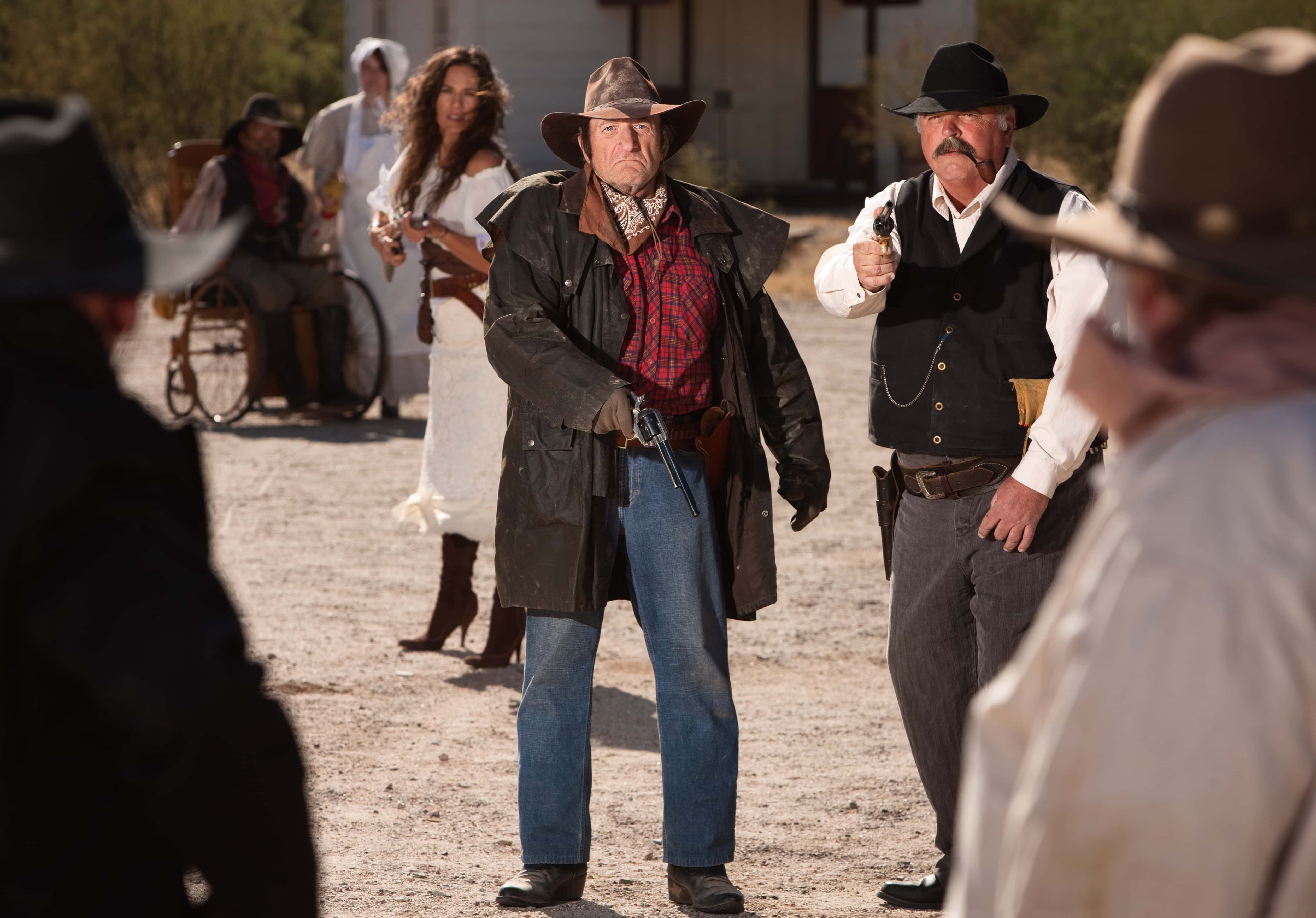 Shutterstock
Shutterstock
15. History in Motion
After an attempt by Johnny Behan to calm things down failed, Earp’s brother, Virgil, decided to disarm the Cowboys himself. Earp and Doc Holliday accompanied Earp’s brother Virgil and Morgan to the OK Corral, where Frank McLaury, Tom McLaury, Billy Clanton, Billy Claiborne, Wes Fuller, and Ike Clanton had made their stand.
14. The Gunfight at OK Corral
It would be impossible to briefly summarize the events at the OK Corral. The participants all gave conflicting accounts of the gunfight, and countless papers, books, and movies have tried to recreate what happened that day. What is known for sure is that by the end of the shootout, three of the Cowboys (Tom McLaury, Billy Clanton, and Frank McLaury) lay dead from gunshot wounds. Virgil, Morgan, and Doc Holliday were all injured as well. Incredibly, the six or seven men involved in the whole thing had fired thirty rounds in just thirty seconds!
13. Bad Call!
By 1896, Earp was living in California with Josephine Marcus, training racehorses and organizing boxing matches. In the case of the latter, Earp’s reputation took a blow when he refereed a match between Bob Fitzsimmons and Tom Sharkey on the second of December. Before a crowd of more than 10,000 people, Fitzsimmons knocked Sharkey down with a punch to the face. However, Earp disqualified Fitzsimmons, ruling that the punch had been illegal. Naturally, Fitzsimmons took Sharkey to court over this ruling, and rumors spread that Earp had been bribed to fix the fight. The court case was dismissed, and Earp maintained his innocence, though we’d hardly expect him to do otherwise either way.
12. The Cowboys Strike Back
After the gunfight at the OK Corral, the surviving Cowboys tried to take revenge on Earp and the others involved. Earp was charged with murder, but not enough evidence was found to successfully convict him (again, witnesses and participants alike gave wildly different accounts of what happened). Instead, the Cowboys went outside of the law. Earp’s brother Virgil was attacked and wounded on the 28th of December 1881, leaving him with just the use of one arm. Earp’s other brother, Morgan, was shot and killed on the 18th of March 1882 while playing billiards.
11. Blood for Blood
Following the death of Morgan, Earp and his surviving family went to put Morgan’s body on the train to take him home to Colton, California, to be buried. However, an ambush by the Cowboys was planned to intercept them in Tucson. Different accounts exist as to what happened exactly, but on the 20th of March 1882, one of the Cowboys, Frank Stilwell, was shot to death. It’s unknown who exactly killed him, but it’s safe to say it was either Earp, Doc Holliday, or one of Earp’s other friends. When Stilwell’s body was recovered the next day, witness George Hand claimed that Stilwell was “the worst shot up man I ever saw.”
10. RIP Wyatt
On the 13th of January 1929, Earp died in his Los Angeles home at the age of 80. He was the last survivor of those men who’d fought at the OK Corral. Josephine Marcus had him cremated and then buried in Colma, California.
9. “You Tell ‘Em I’m Coming, and Hell’s Coming with Me, You Hear?!”
With the rank of Deputy US Marshal, Earp embarked on a vendetta ride to bring down the men who had ambushed his brothers in Tombstone. Riding with him were his brothers Warren and James, Doc Holliday, Sherman McMaster, John Vermillion, Jack Johnson, Dan Tipton, and Charles Smith. The Earp Vendetta Ride, as it was called, lasted from March 20 to April 15, 1882 and resulted in several Cowboys being killed (though movies frequently increase the number of deaths).
8. Making Way for True Love
Earp and his common-law wife Mattie would separate and divorce in 1883, though he was already in a relationship with Josephine Marcus at the time. Earp and Marcus would remain together for more than forty-six years!
7. After the Honeymoon
Of course, it wasn’t all sunshine for Wyatt and Josephine. Their relationship went through many rough patches, either because of miscarriages, Josephine’s gambling habits, or Earp’s extramarital affairs. Marcus even got a reputation for being controlling towards Earp, to the point where one of his friends joked that Earp could never be accused of cold-blooded murder because he lived with Josephine for nearly fifty years! Shocking to her peers, Marcus didn’t go to Earp’s funeral, though it was also reported that she’d been too paralyzed by grief to do anything after he died.
6. Hate to Break Up, Love to Make Up
Despite having been best friends since Holliday saved Earp’s life in Dodge City, the two men had a bitter falling-out shortly after the Earp Vendetta Ride. They reportedly had a fight over Holliday’s use of a slur against Jewish people, referring to Earp’s growing attachment to Josephine Marcus, who was Jewish. Earp’s fury at the slur was such that they parted ways. However, they reunited that same year when Earp prevented Holliday from being arrested for the murder of Frank Stilwell.
5. Farewell, Friend
The last time that Earp ever saw Holliday was at the Windsor Hotel in 1886. By then, Holliday was very sick from the effects of tuberculosis. According to Josephine Marcus, Holliday was on “unsteady legs,” was very thin, and couldn’t stop coughing. When Holliday died in 1887, Earp did not know about it until two months later.
4. Luck of the Earps
In one of the most remarkable moments of the Earp Vendetta Ride, Earp and his posse were traveling across the Dragoon Mountains in March 1882 when they came across the camp of several Cowboys led by Curly Bill Brocius. Both sides opened fire on each other, with the Cowboys getting the upper hand. Undeterred, Earp marched up to Brocius, who fired his shotgun at the vengeful lawman. Miraculously, though his coat was pierced, Earp was untouched by the gunfire. He killed Brocius with his own shotgun blast, and also shot Johnny Barnes during the confrontation. Unfortunately, there is no evidence that Earp did that while screaming “NO!” over and over (sorry, Tombstone).
3. Lost Love
Long before his relationships with Josephine Marcus Earp or Mattie Blaylock—before he'd even moved west—a 22-year Earp married Urilla Sutherland. Sutherland was the daughter of the couple who ran Lamar, Missouri’s Exchange Hotel. Sadly, this first love was doomed to a tragic end. Sutherland succumbed to typhoid fever in November, just before she was due to give birth to their first child. One can only wonder what Earp’s life would have been had he not suffered this painful saga as a young man.
2. Watch Out for Brain Freeze!
Despite the fact that he never drank, Earp wasn’t without his vices: He allegedly had a serious sweet tooth, particularly for ice cream. Luckily for him, there was a parlor which sold ice cream in Tombstone, and he was said to have visited nearly every day. We wish that part of him was put in the movies more often!
1. You Won’t Be Arresting Anyone Today!
After the death of Frank Stilwell, the Earps and their allies prepared to go after other members of the Cowboys. However, they all faced arrest warrants concerning Stilwell. Johnny Behan tried to confront Earp when he and the others were in the Cosmopolitan Hotel in Tombstone, just about to head out. Despite having brought men to arrest Earp, Behan quailed in the face of his rival. When Behan insisted that he wanted to see Earp, Earp brushed past, declaring, “Johnny, if you’re not careful, you’ll see me once too often.” We can only assume that Earp’s companions called out “Oh snap!” as they walked past as well.




